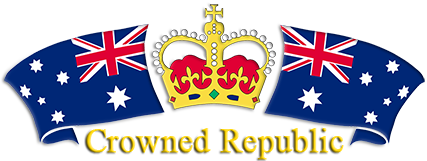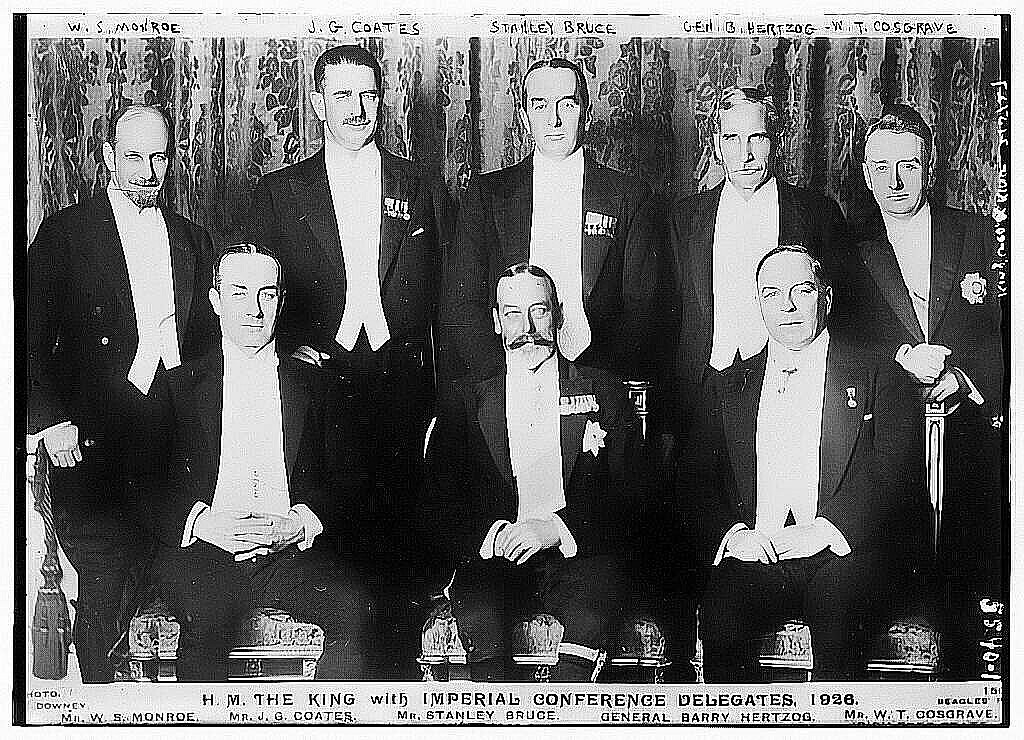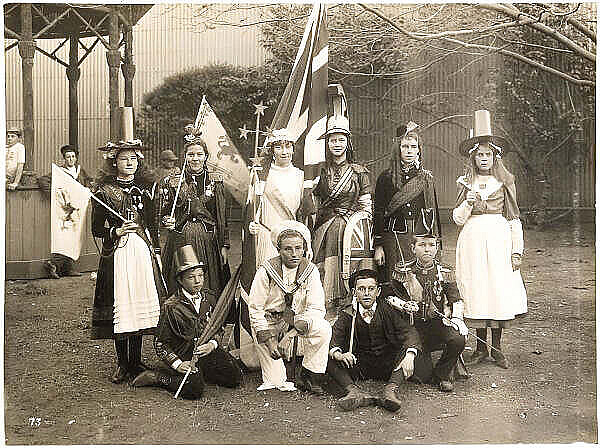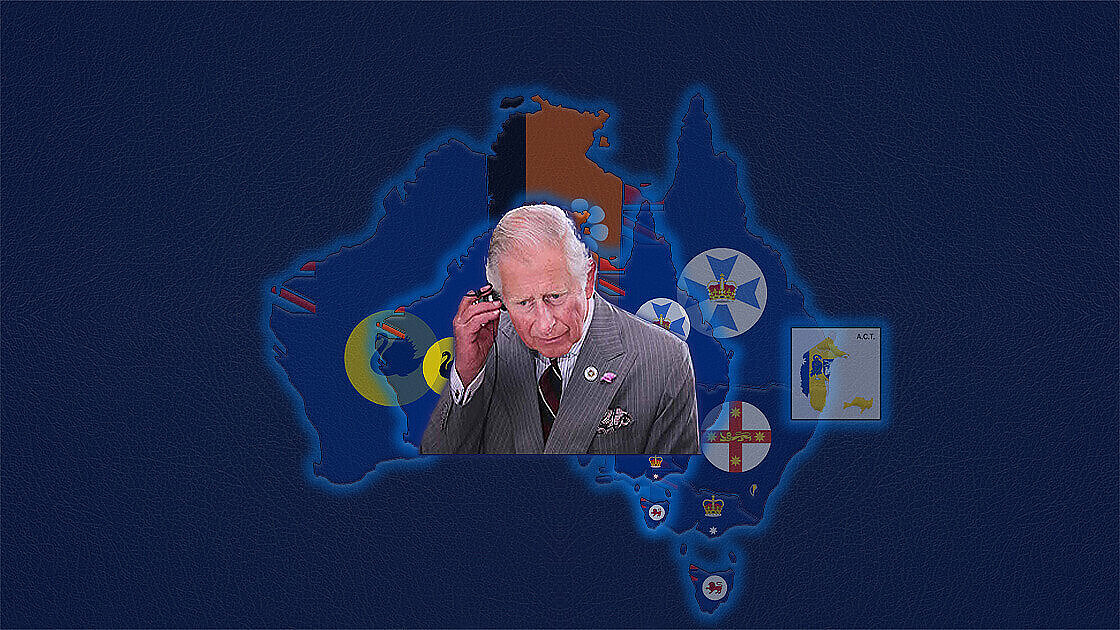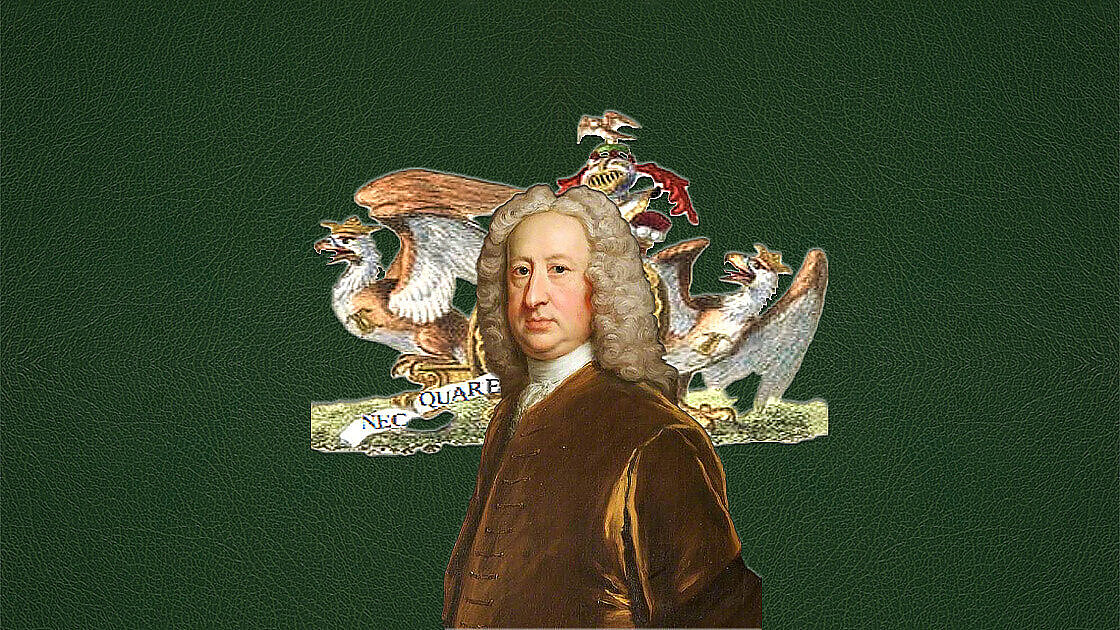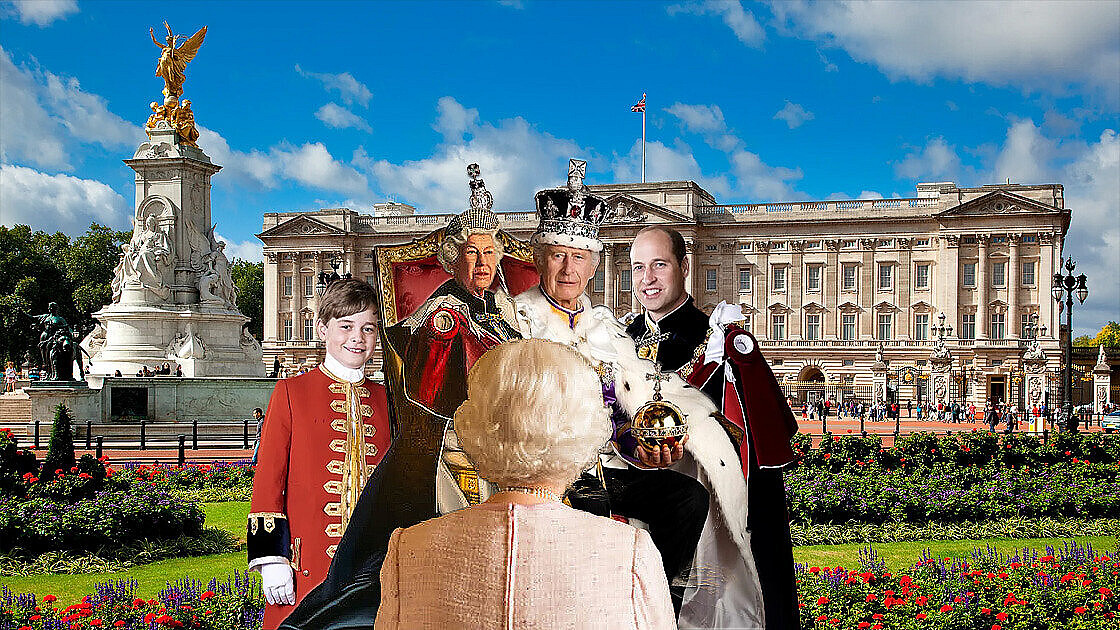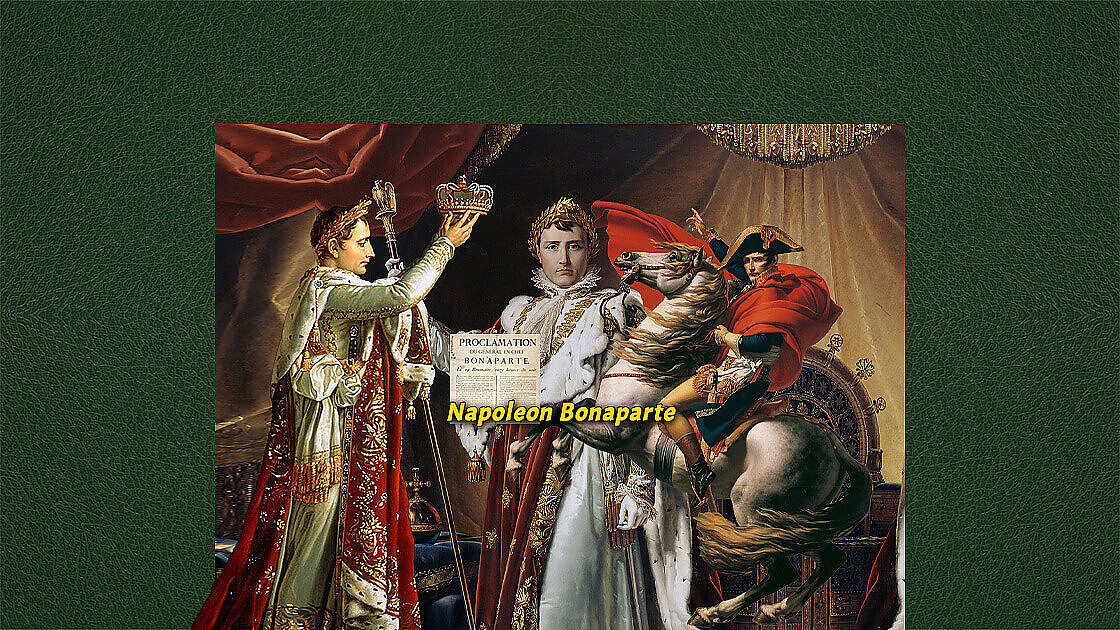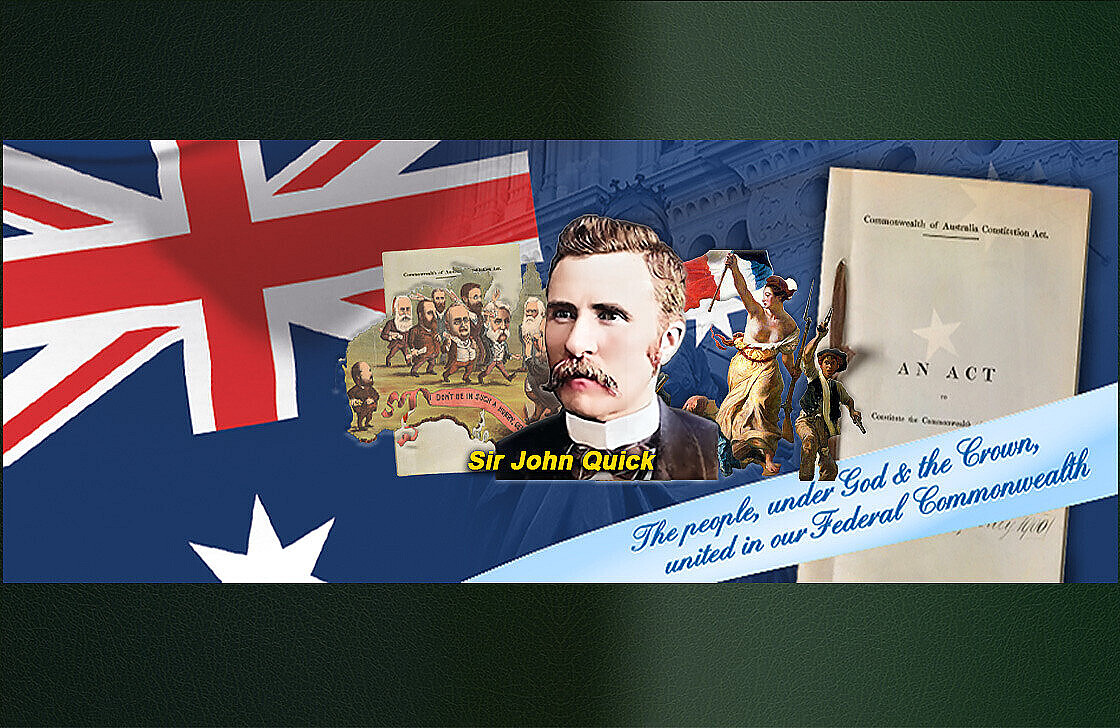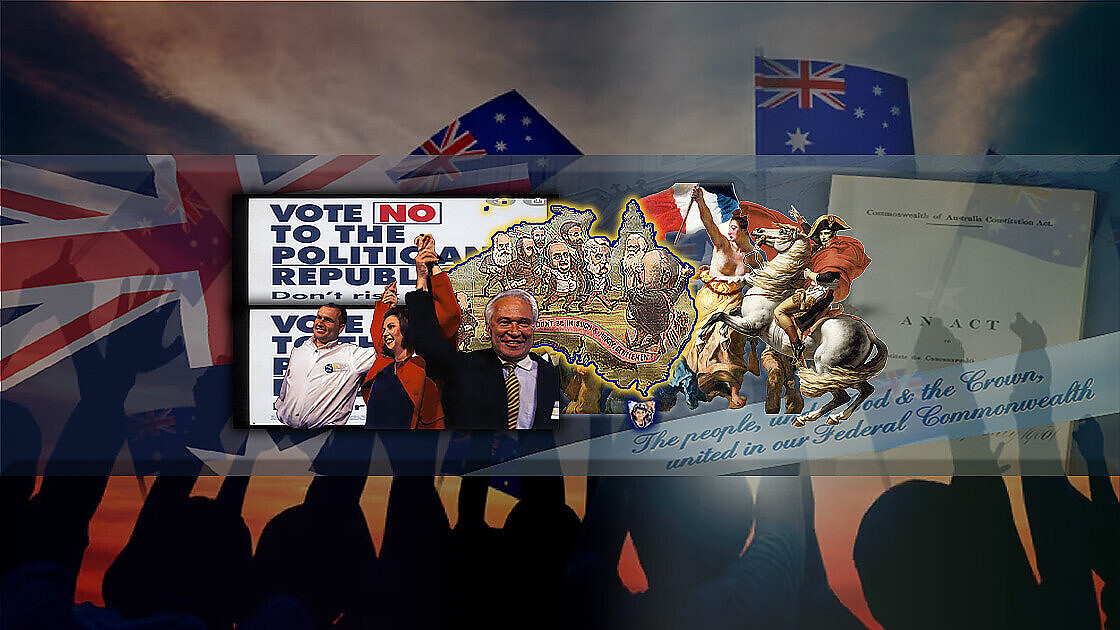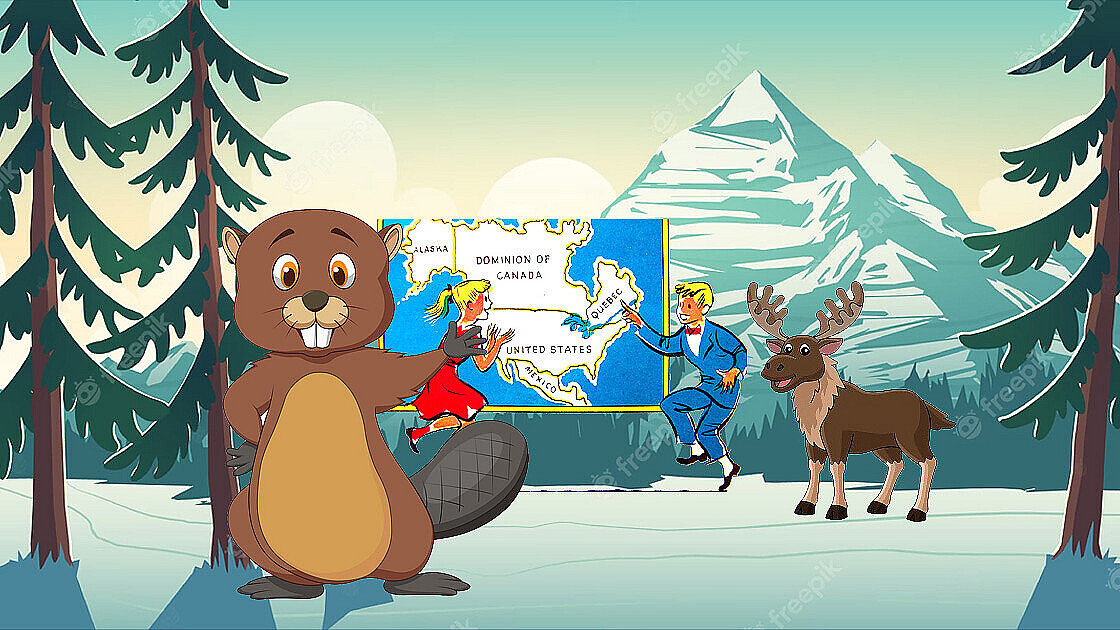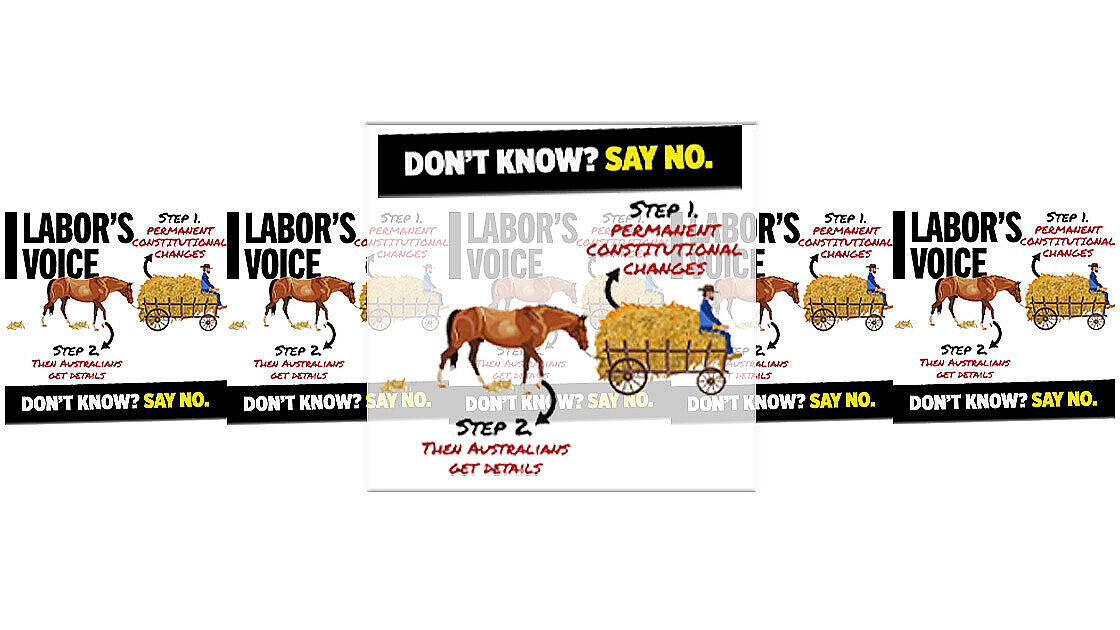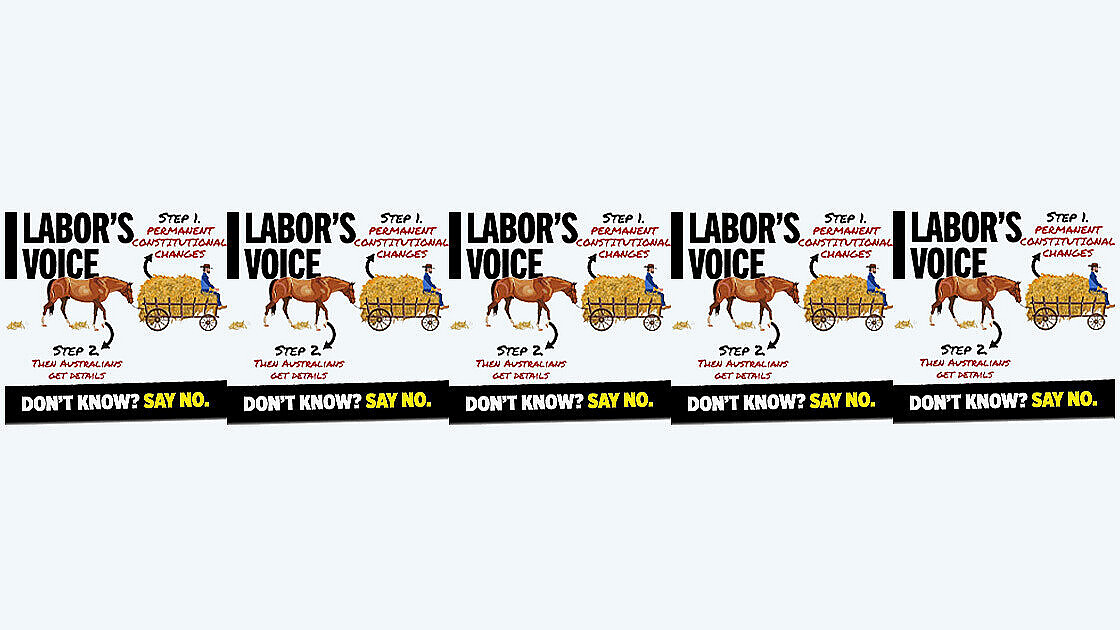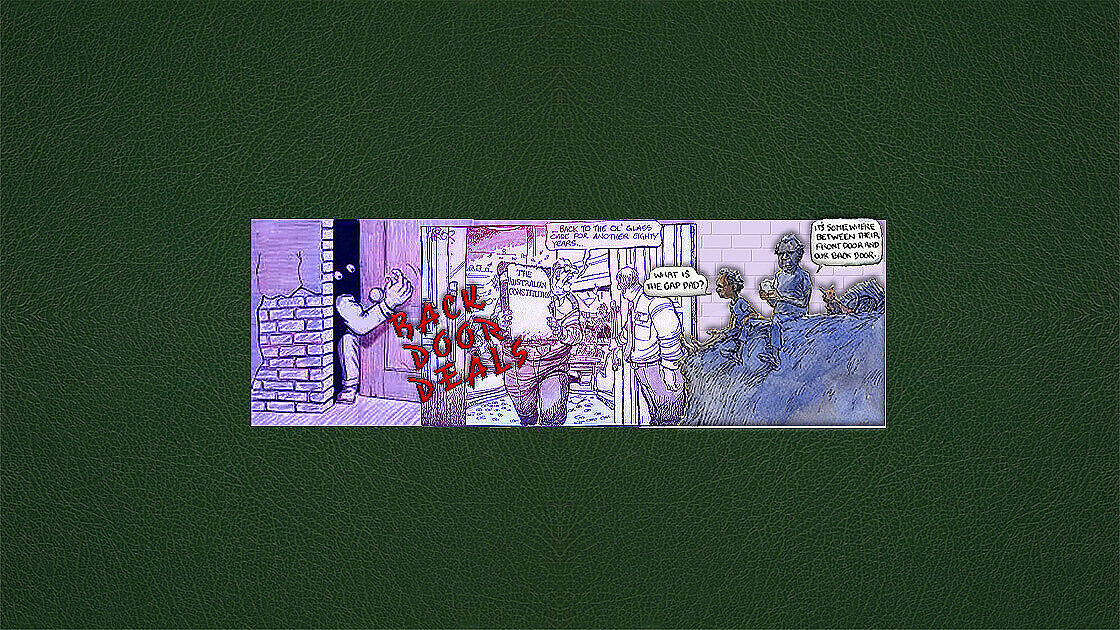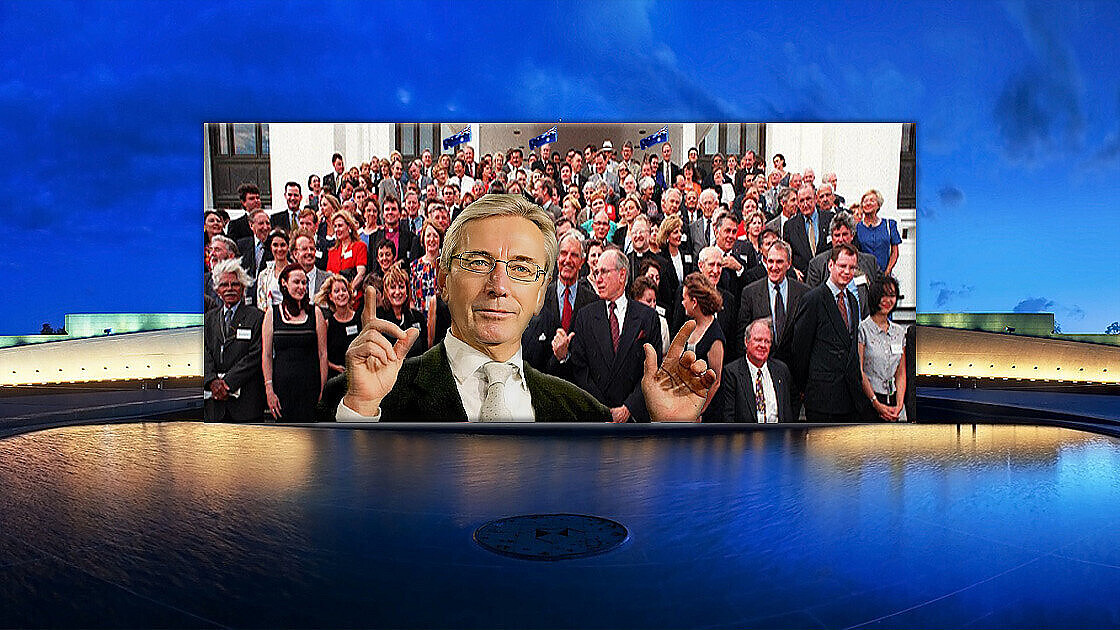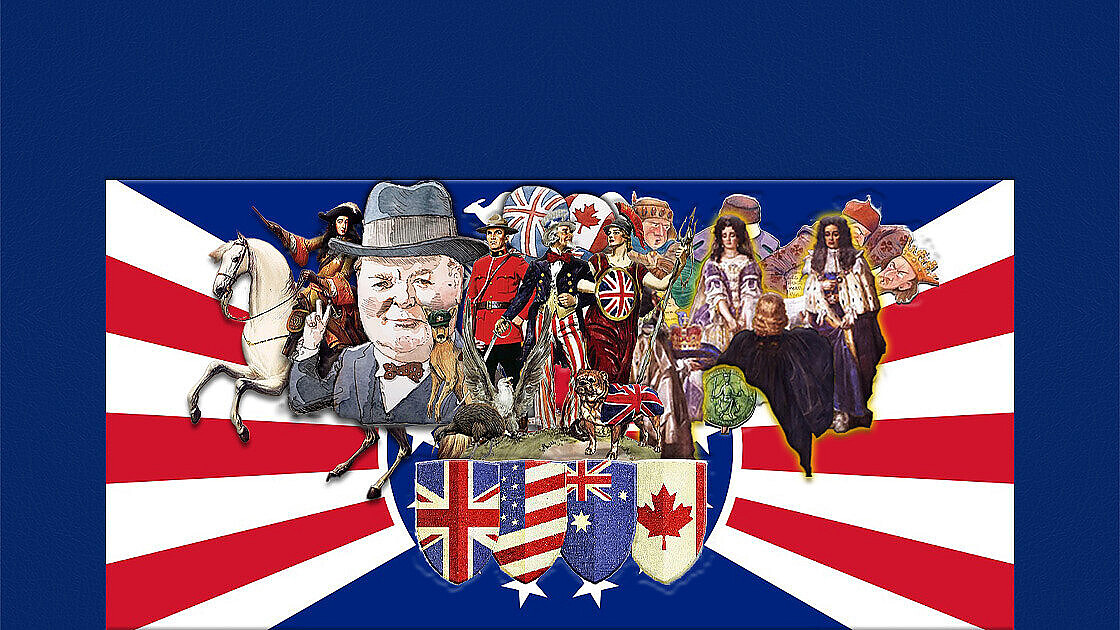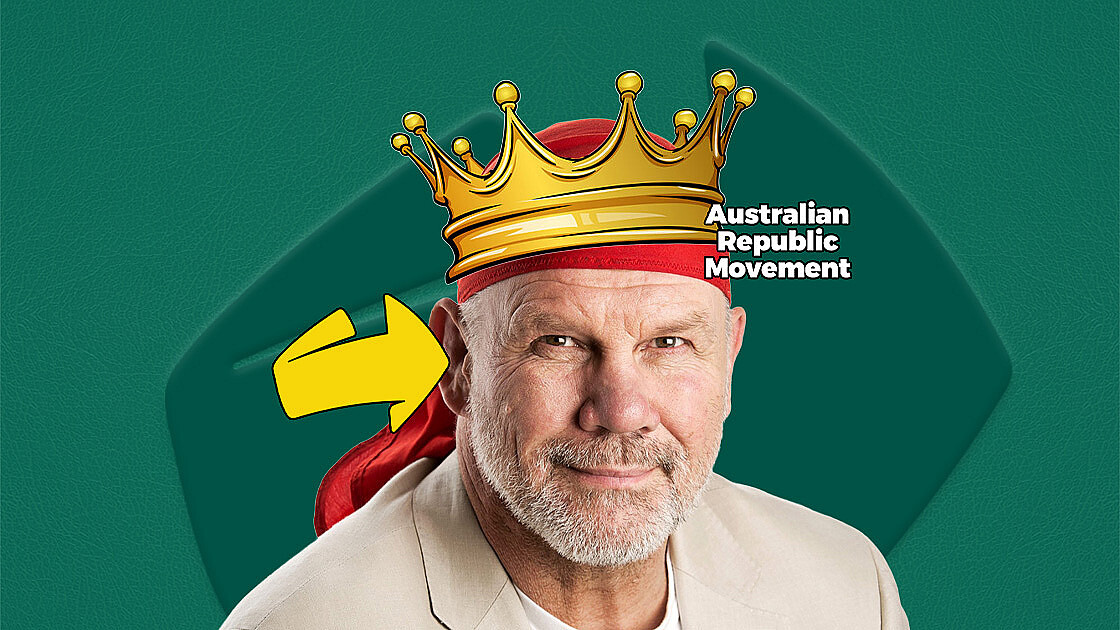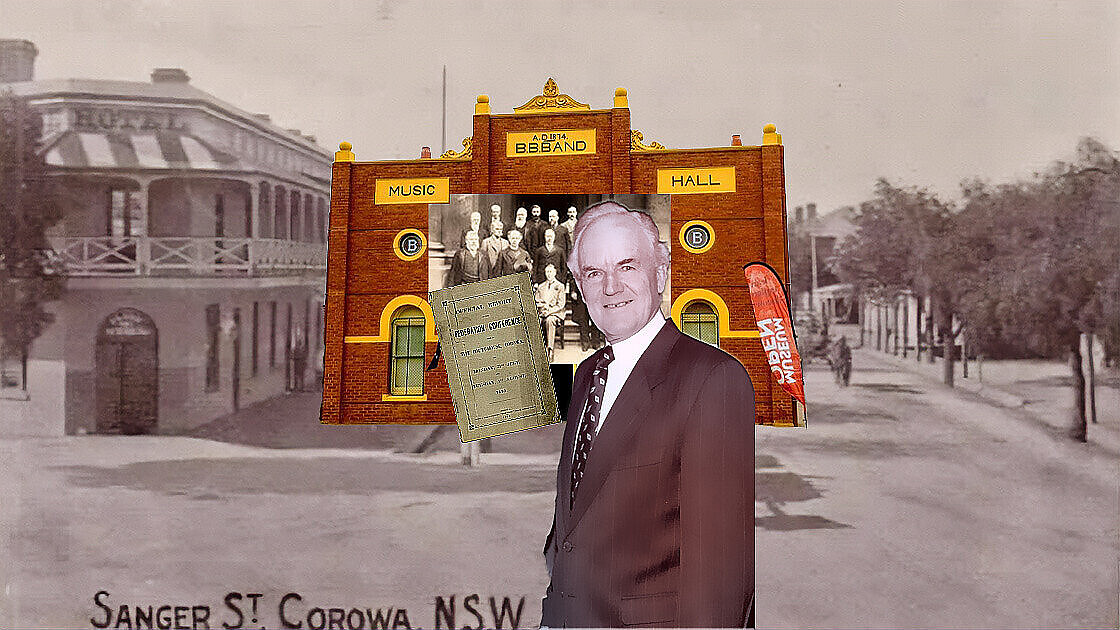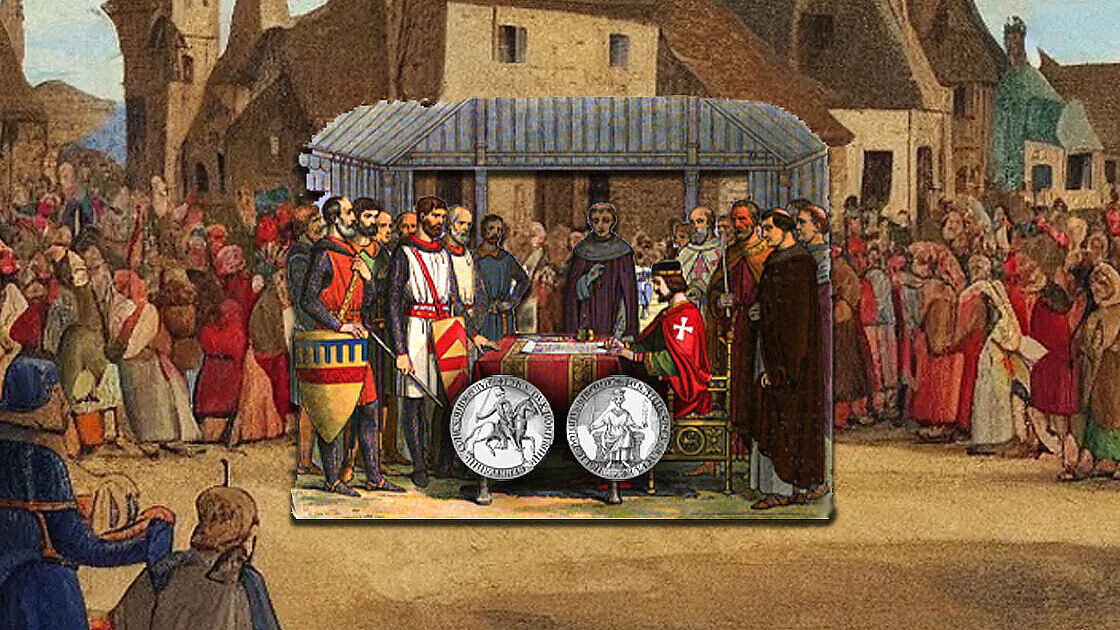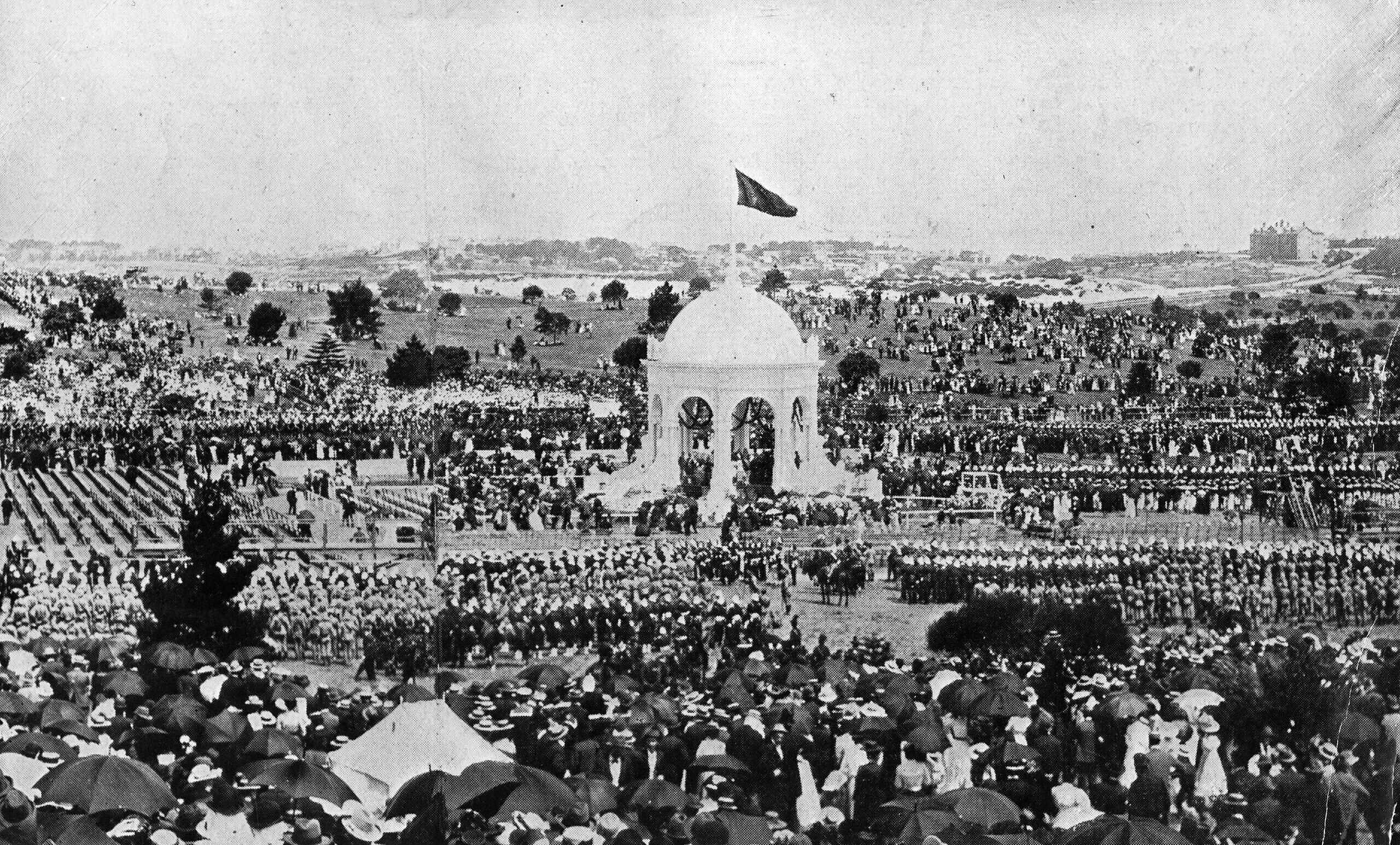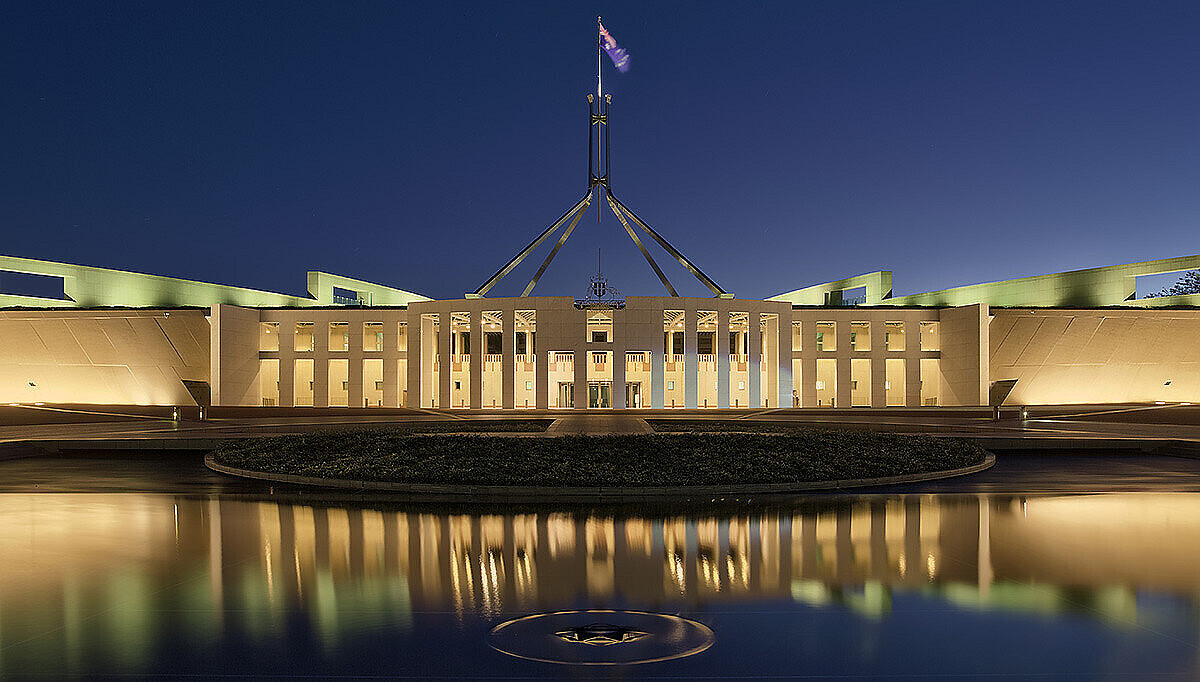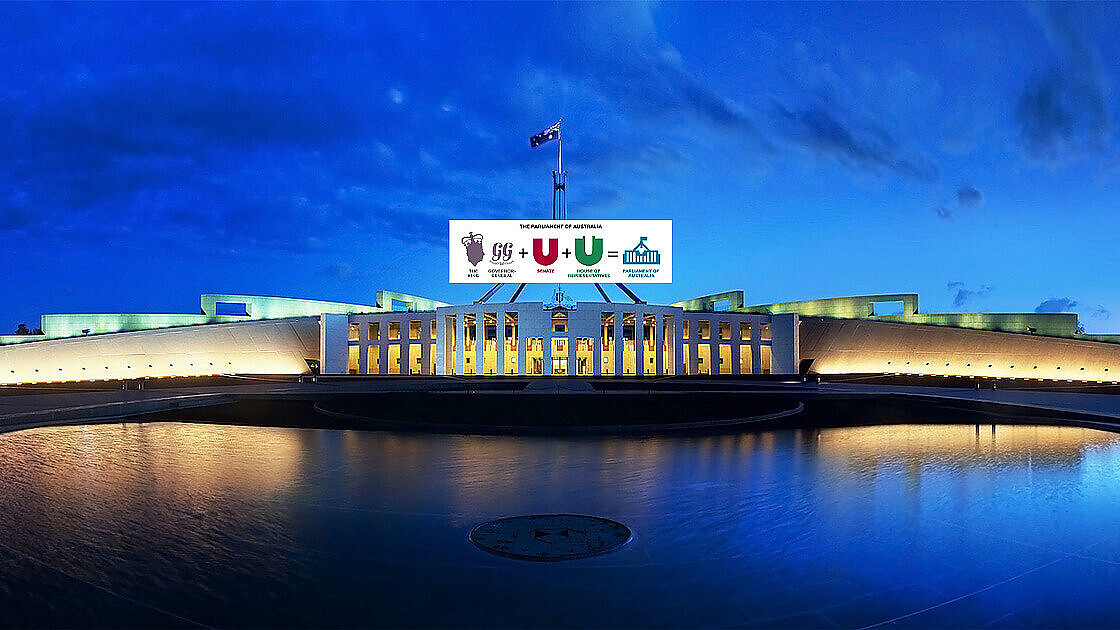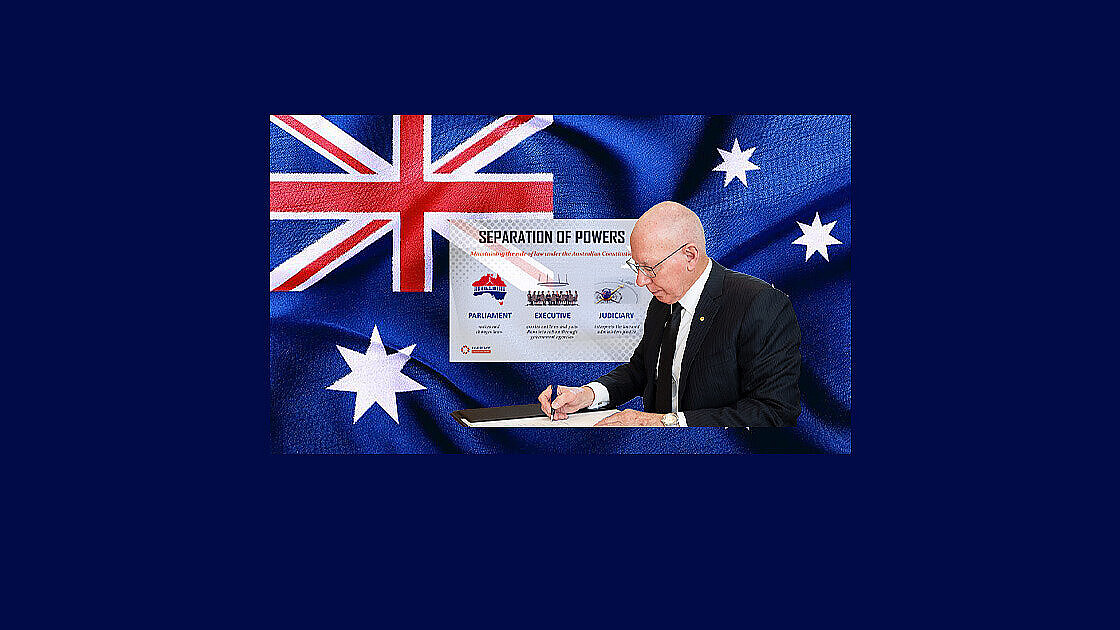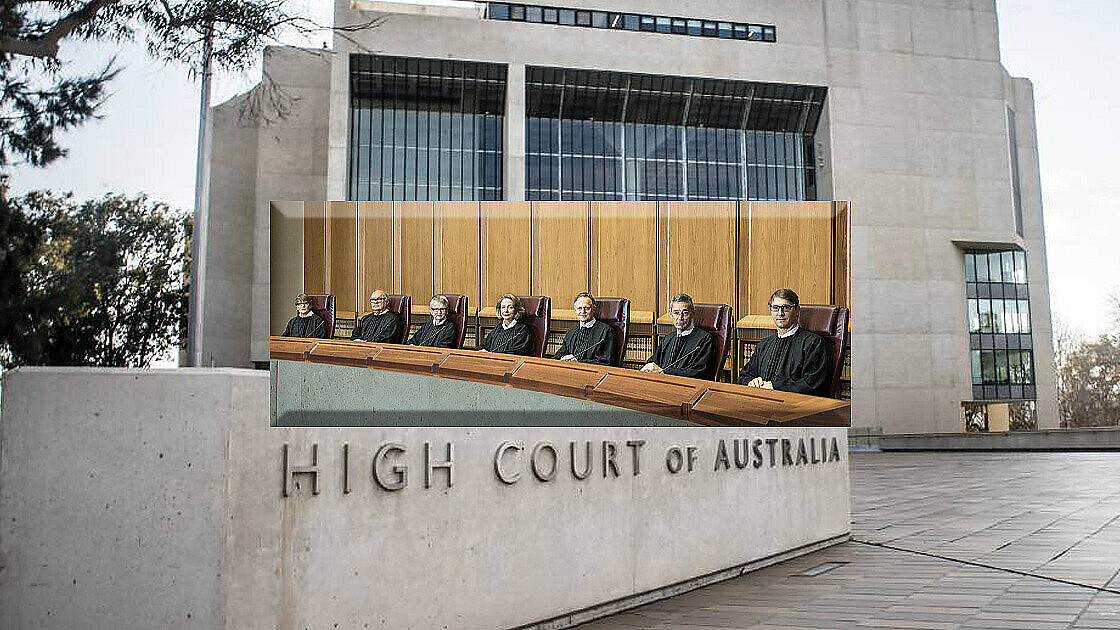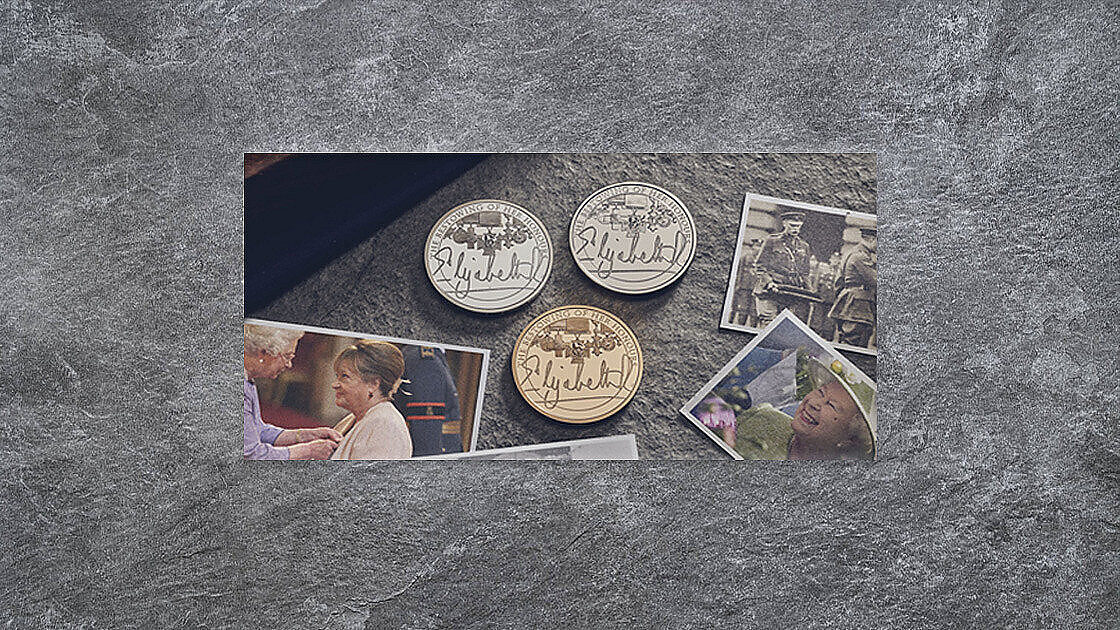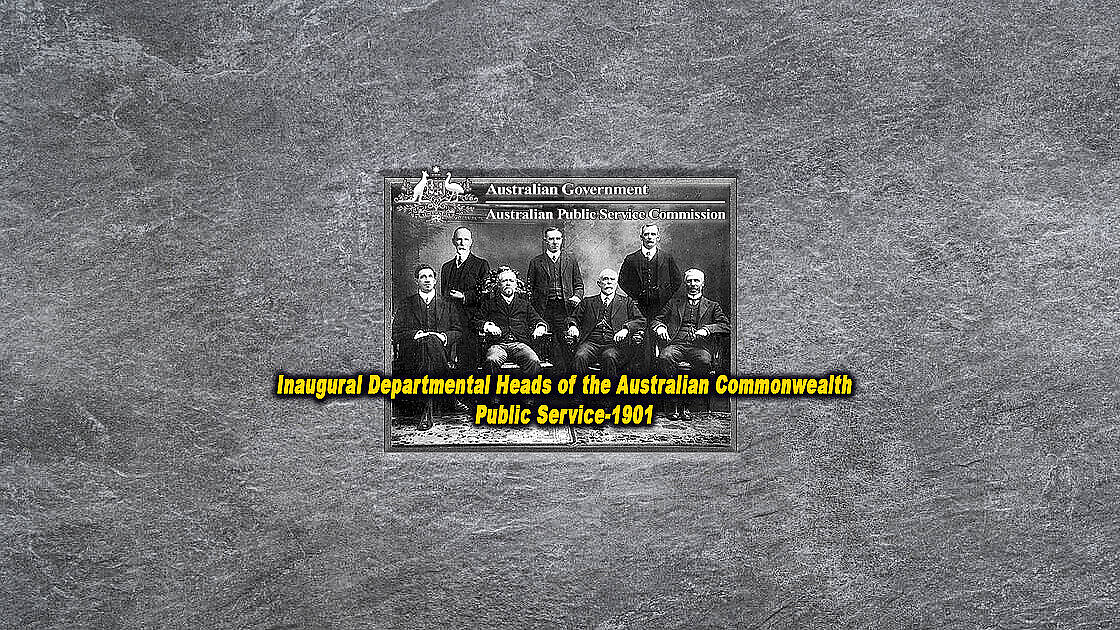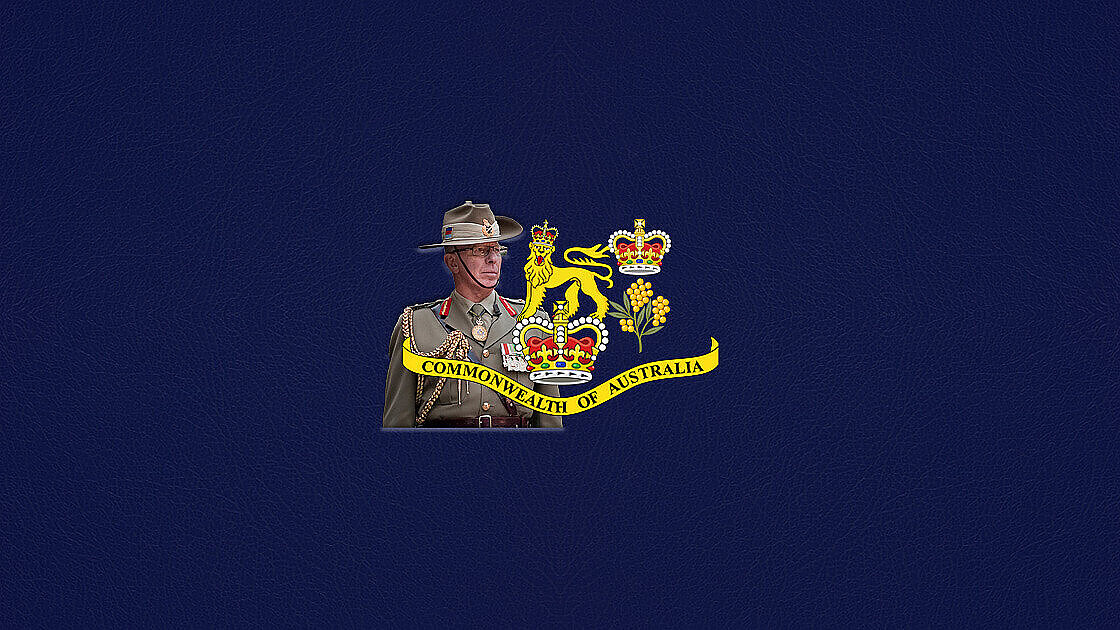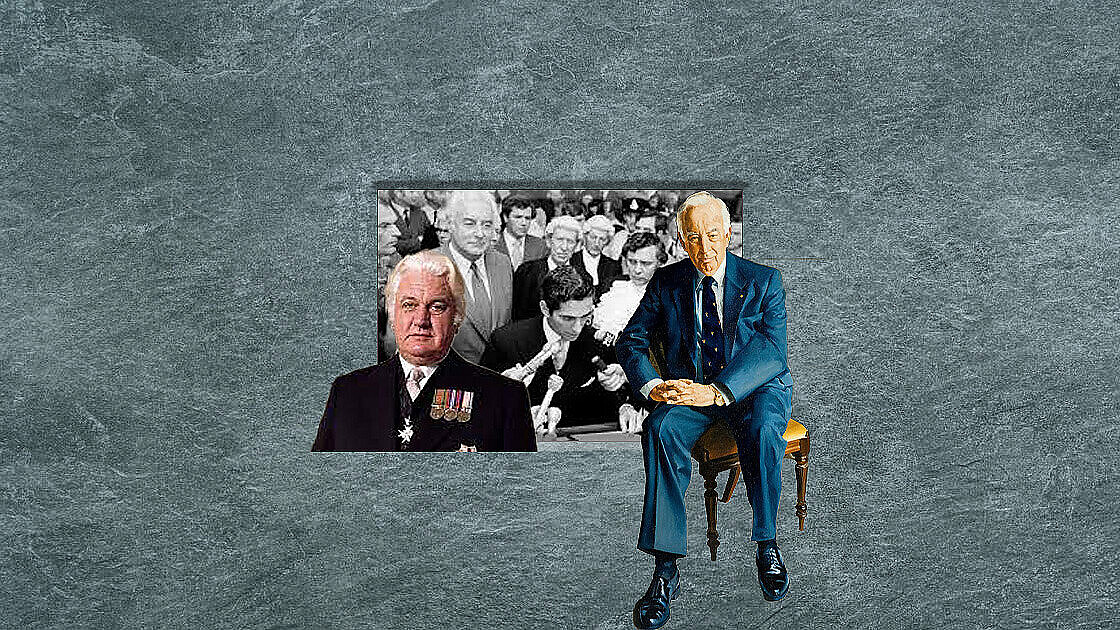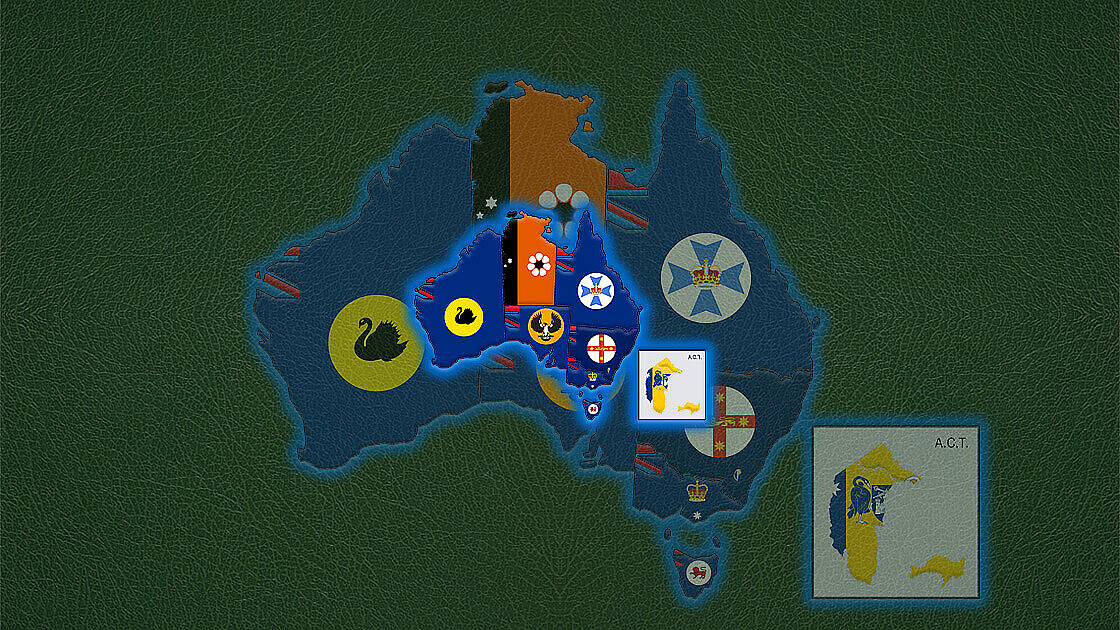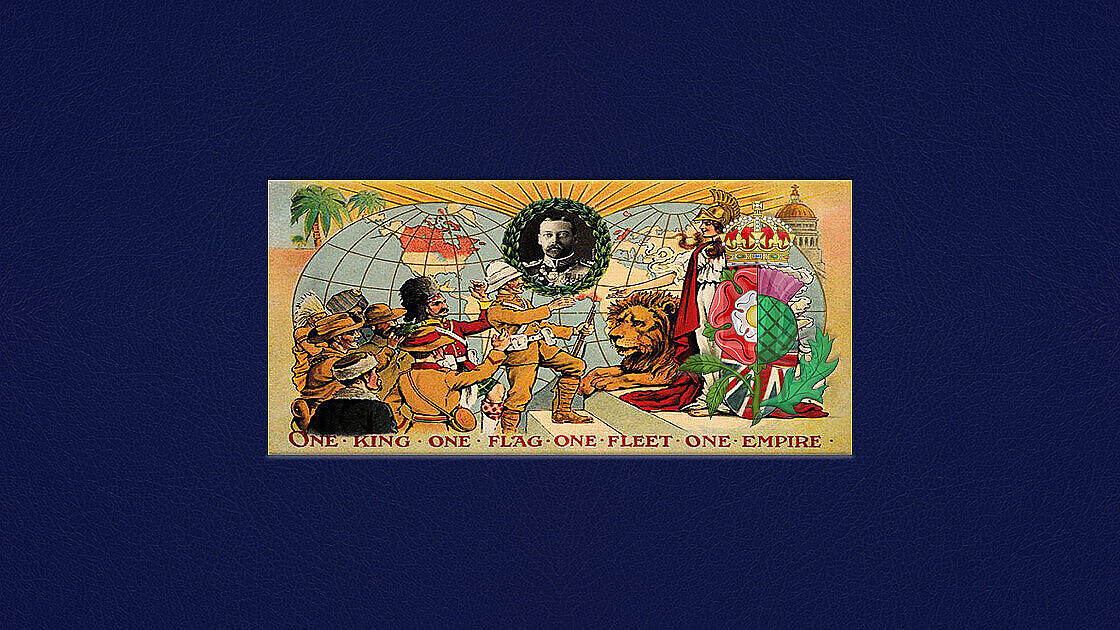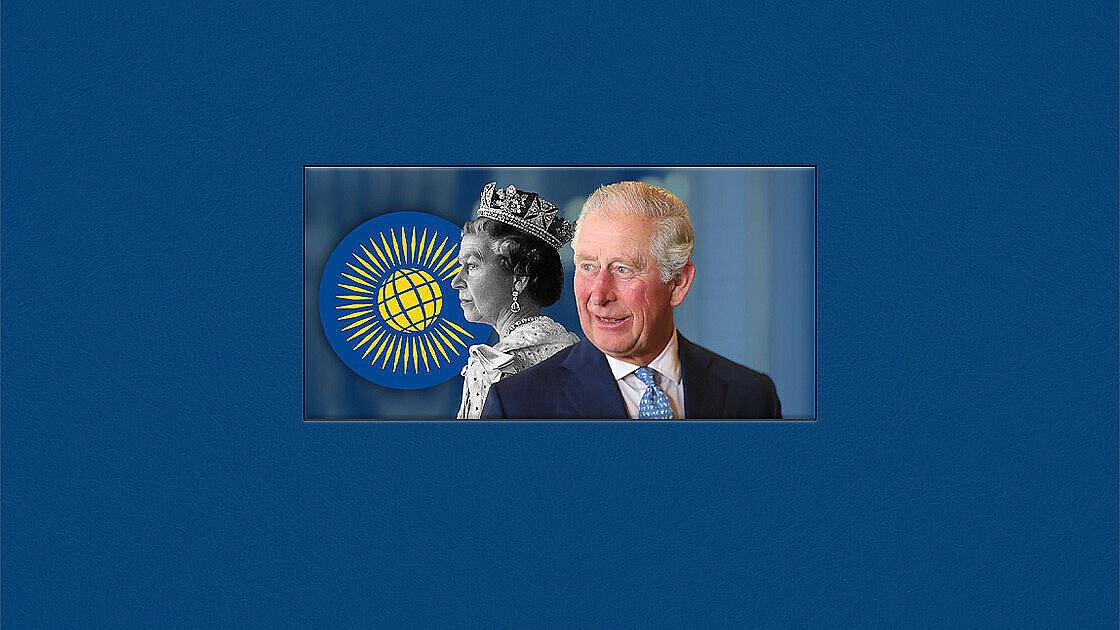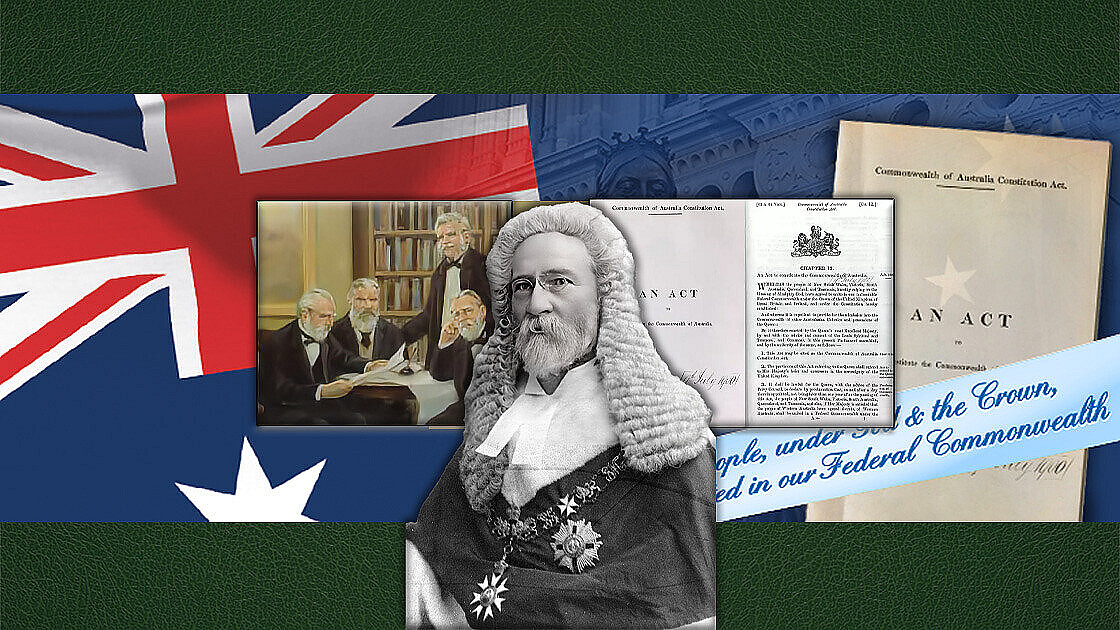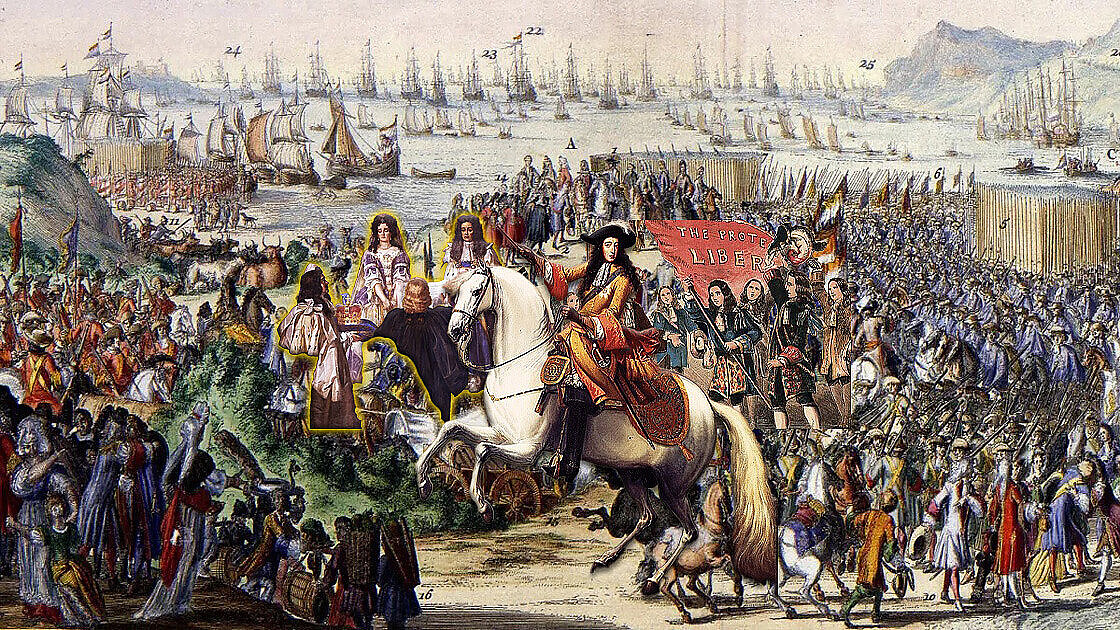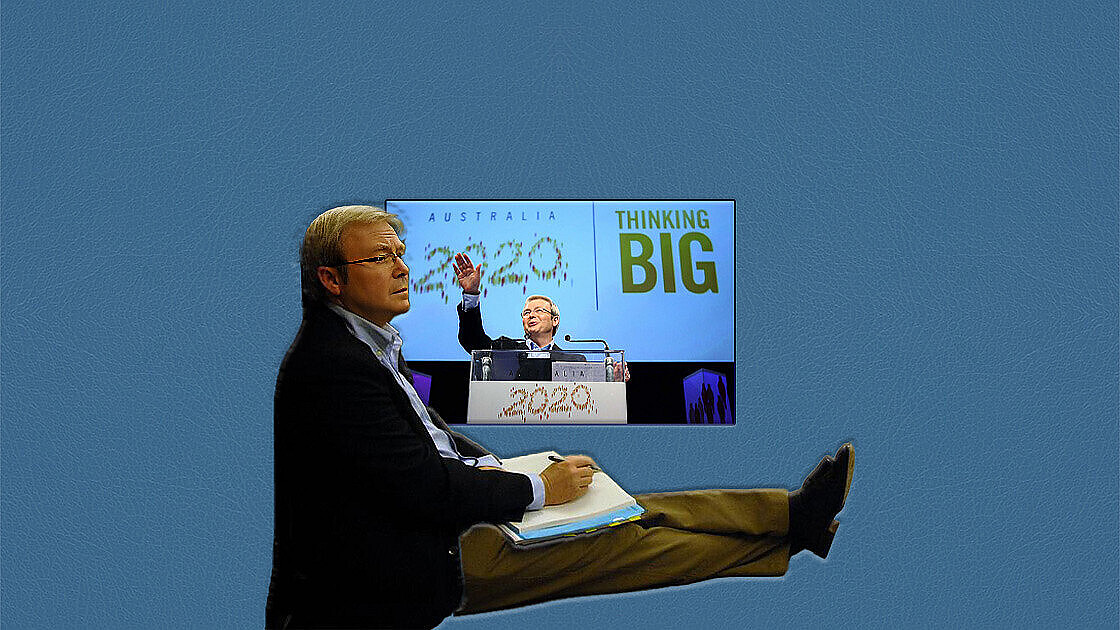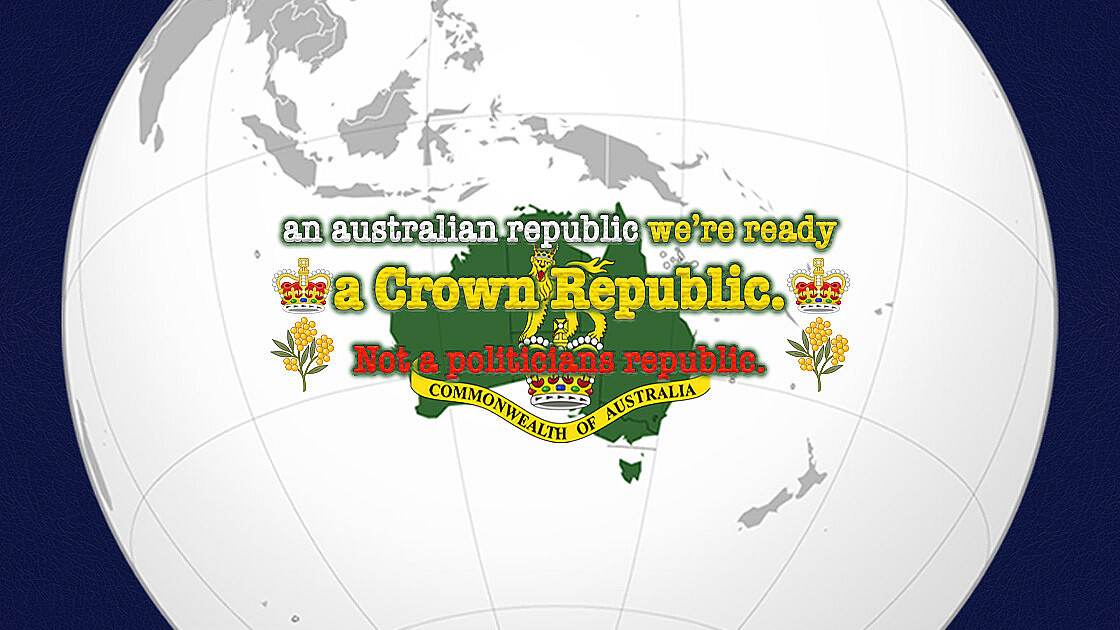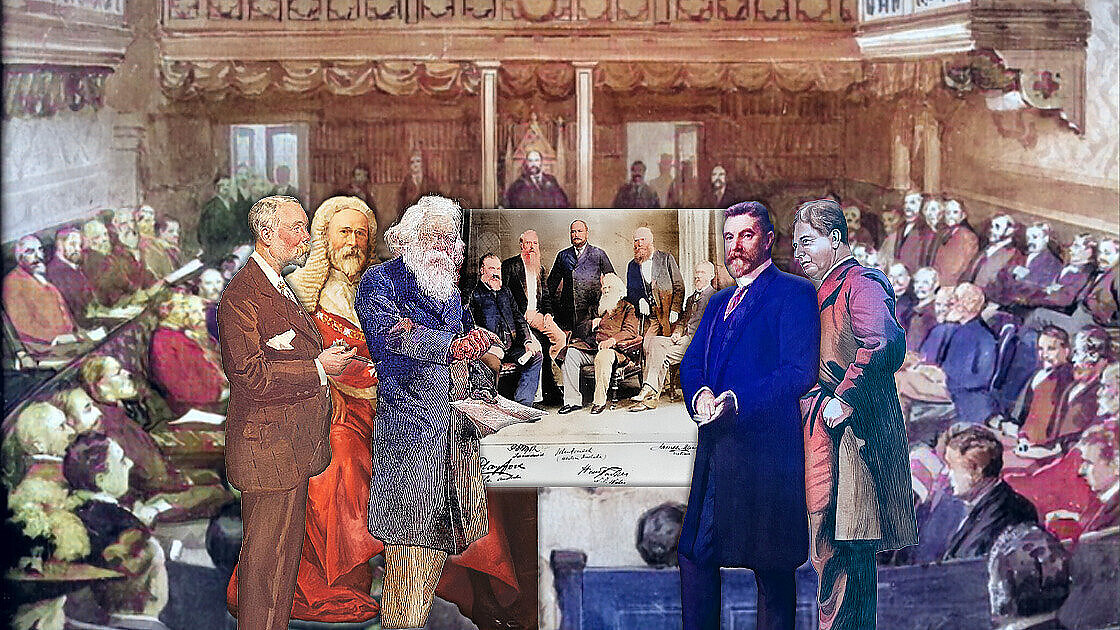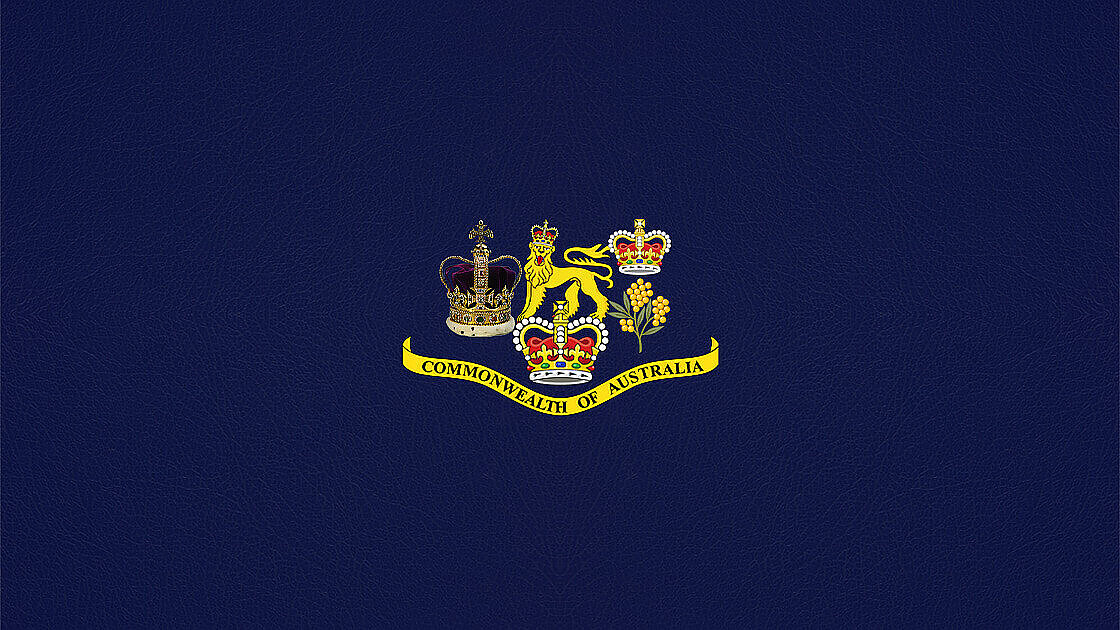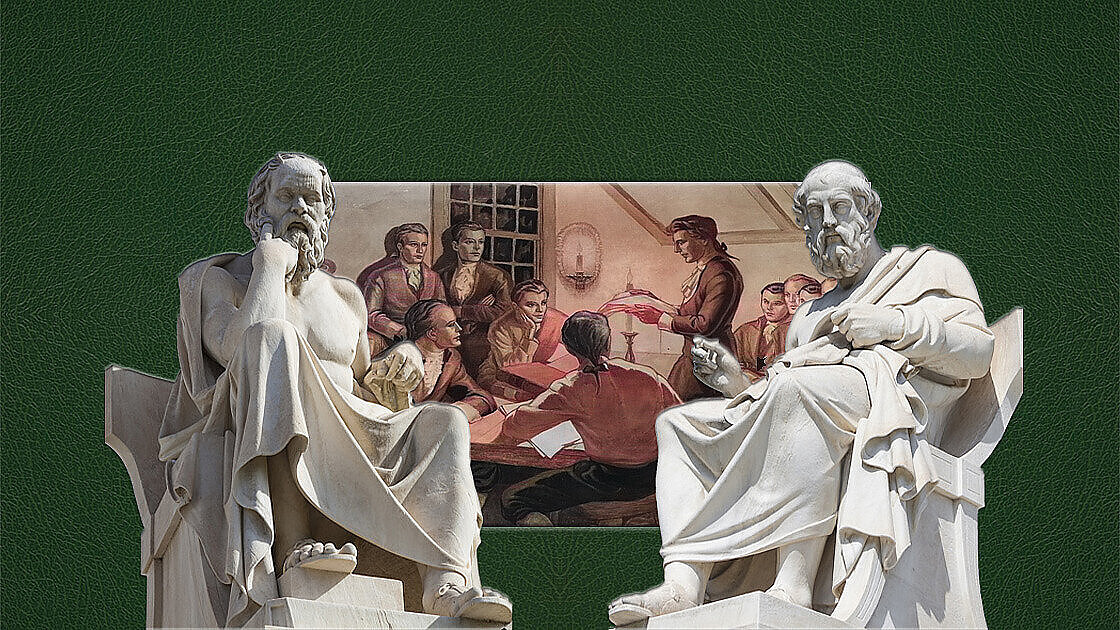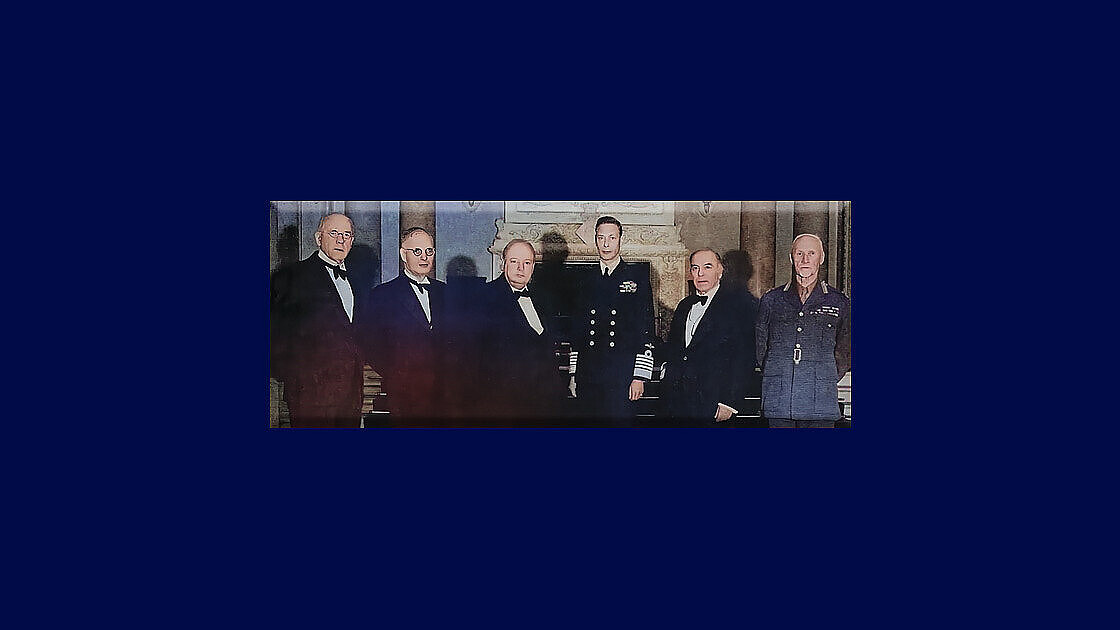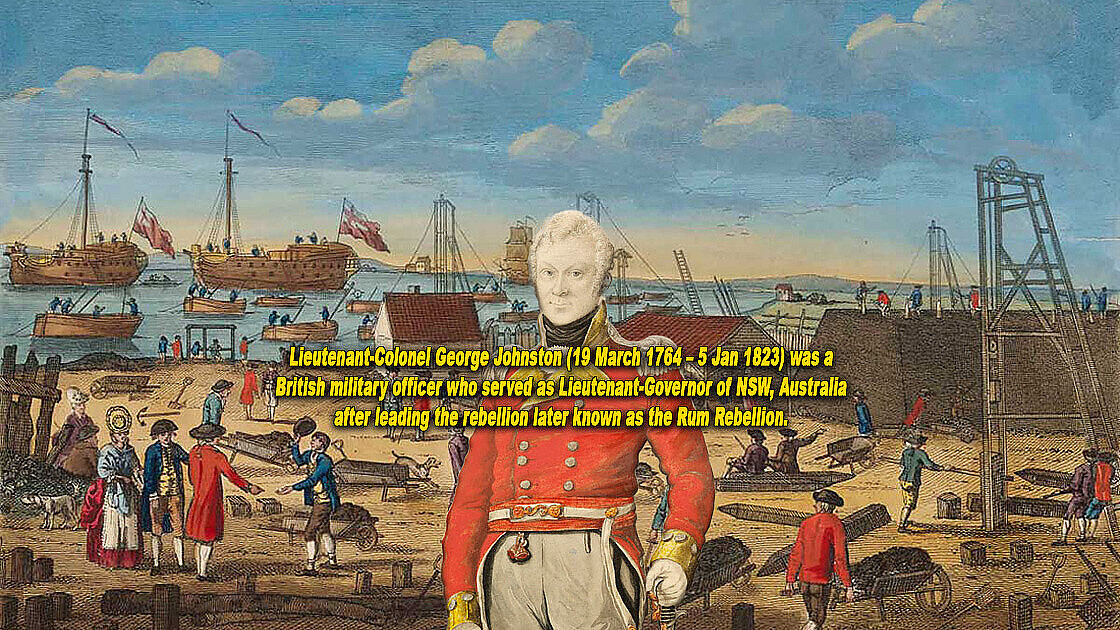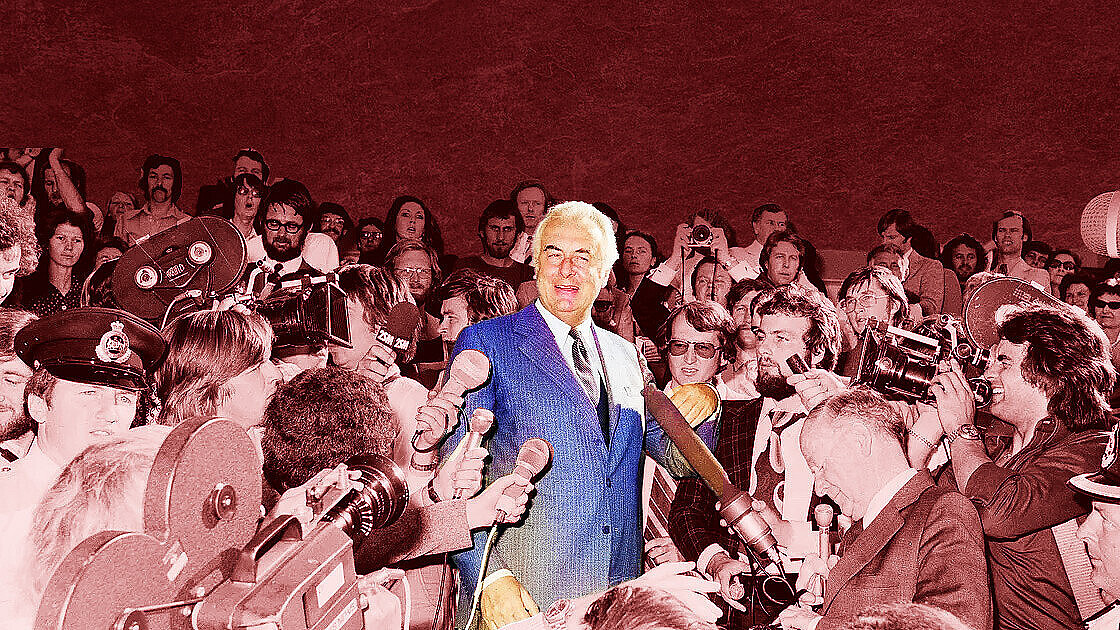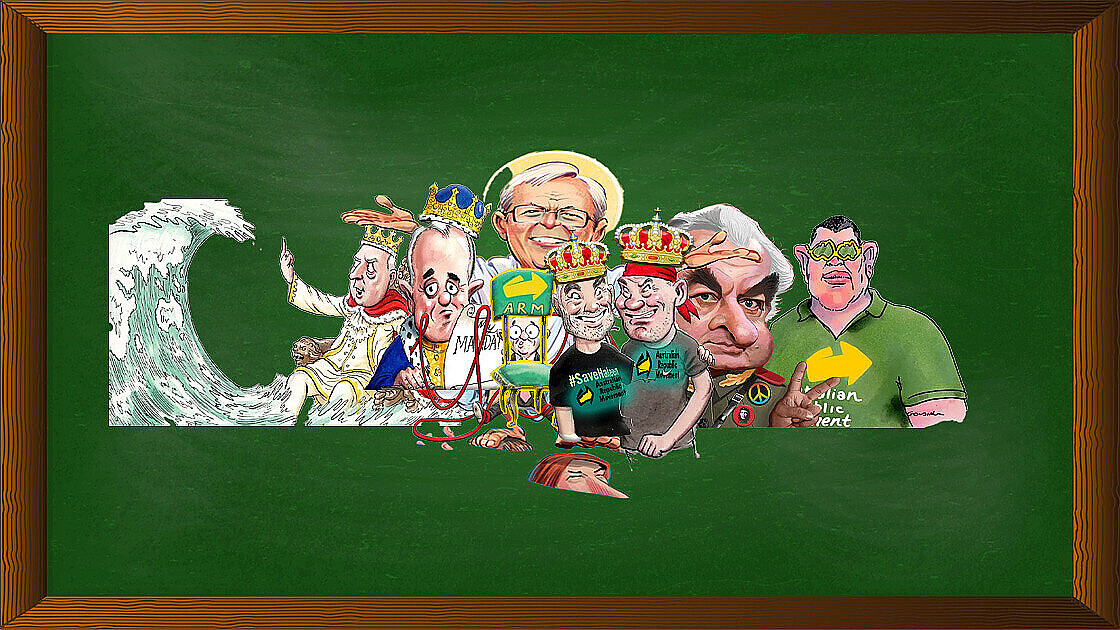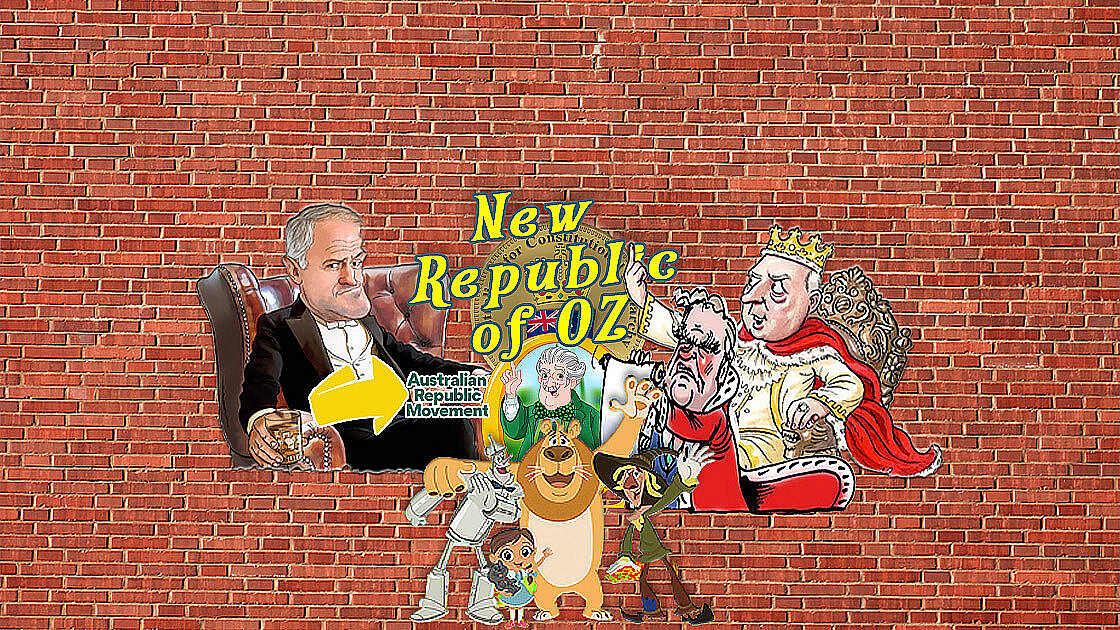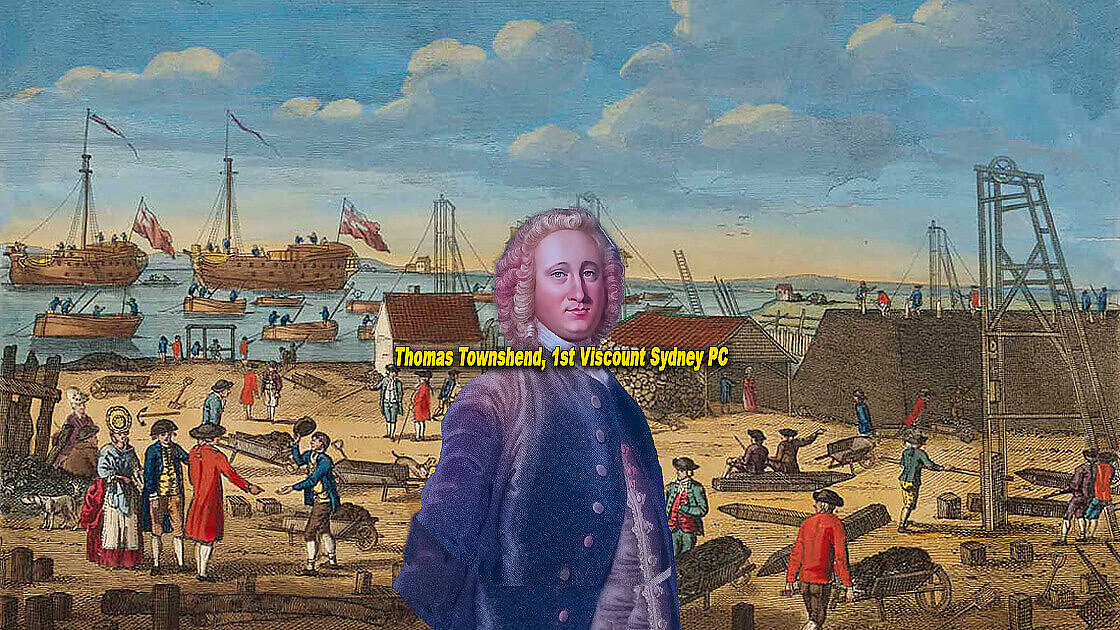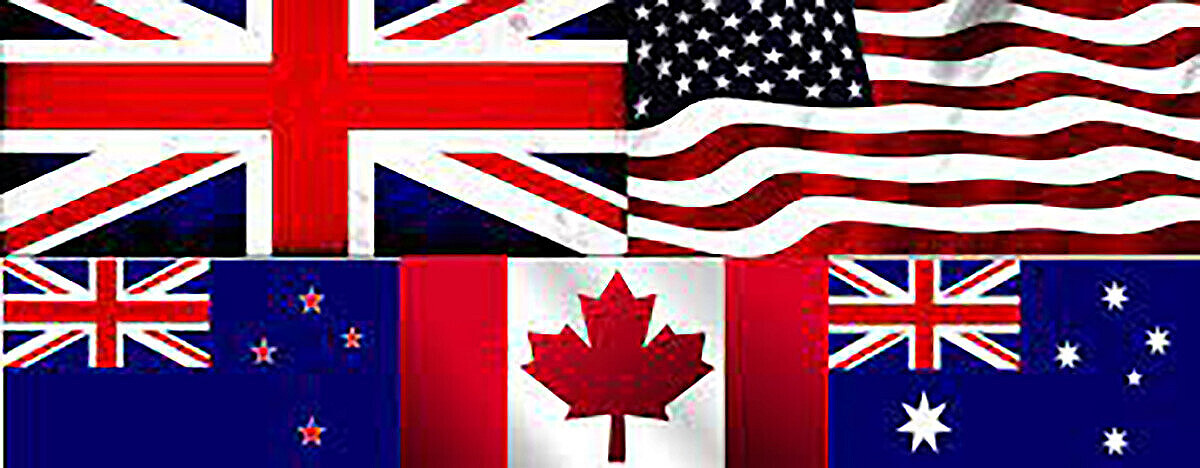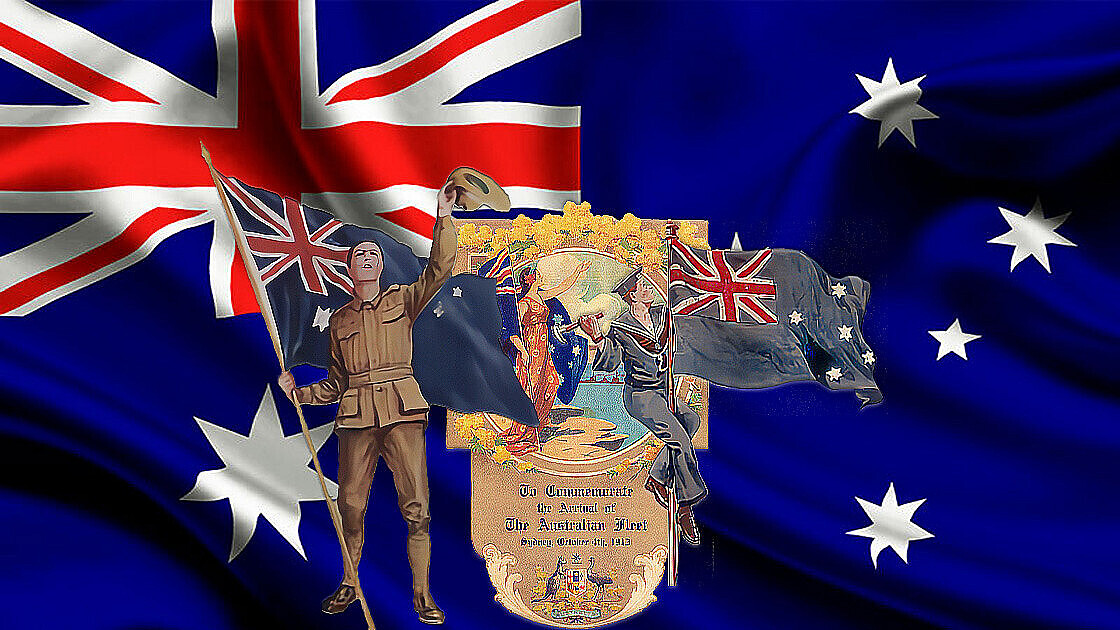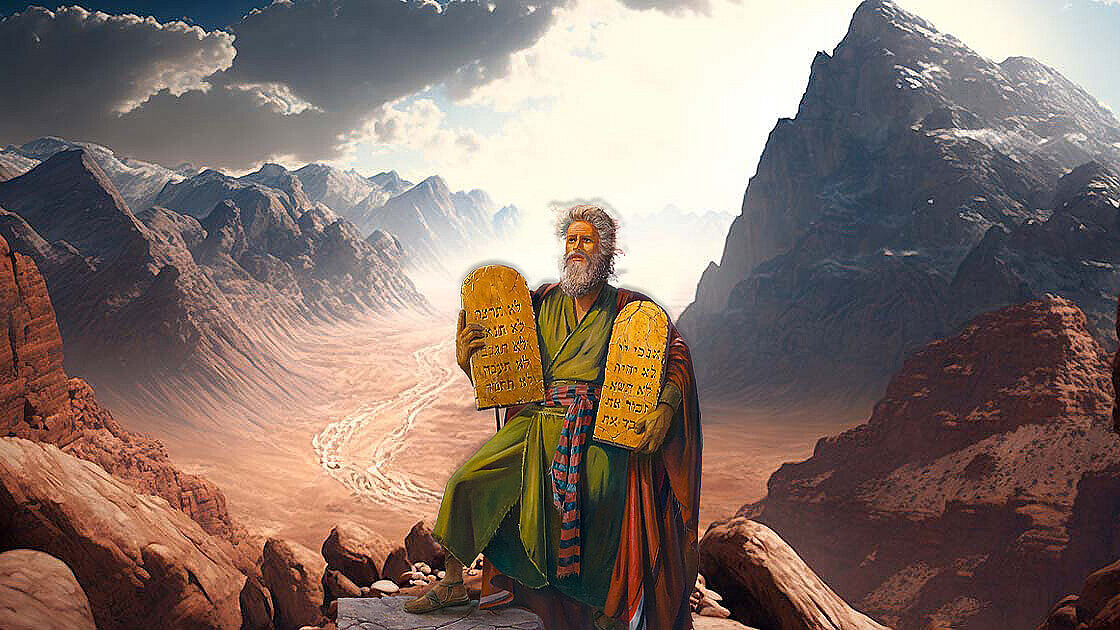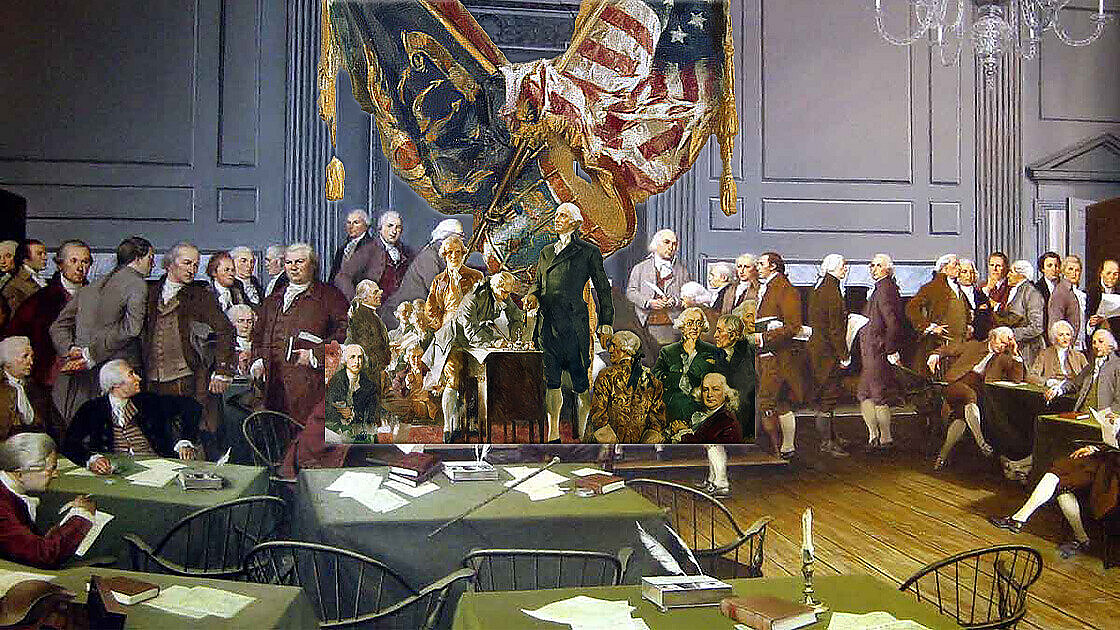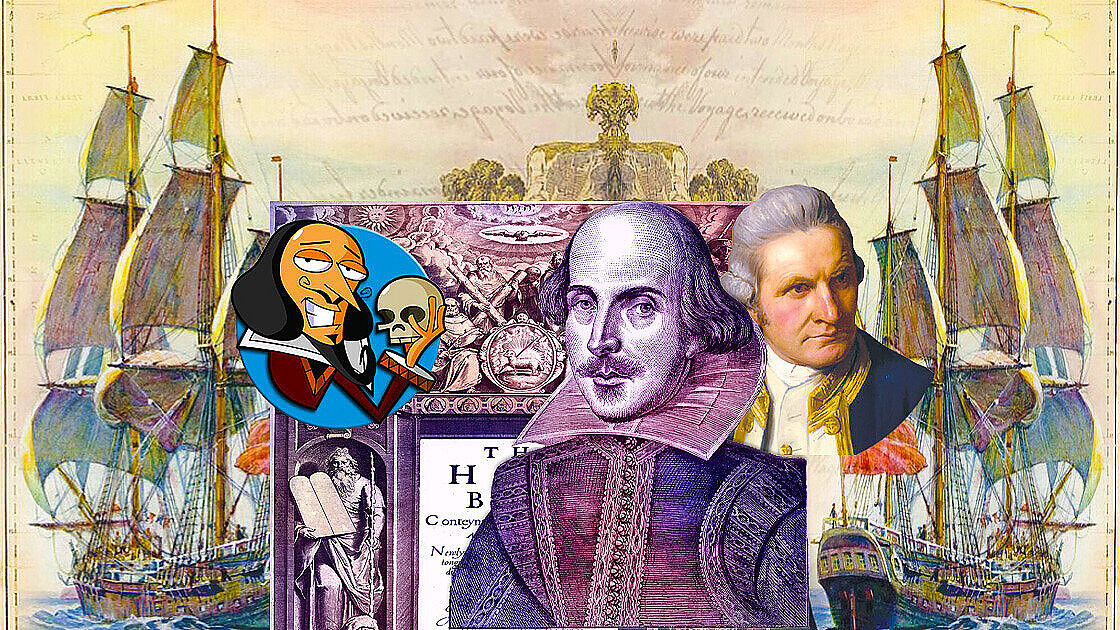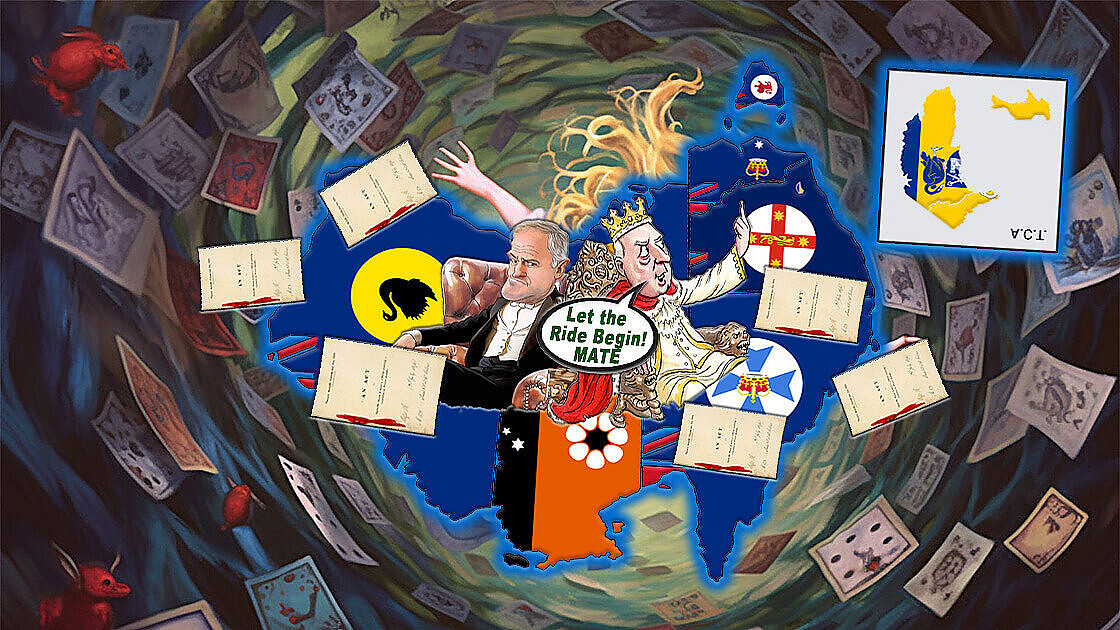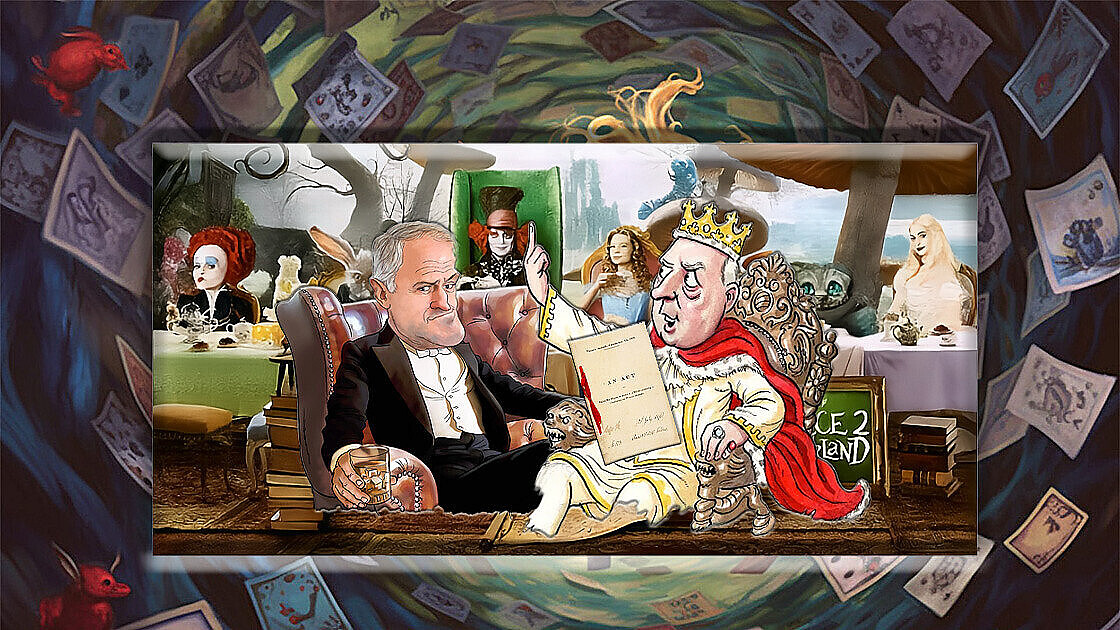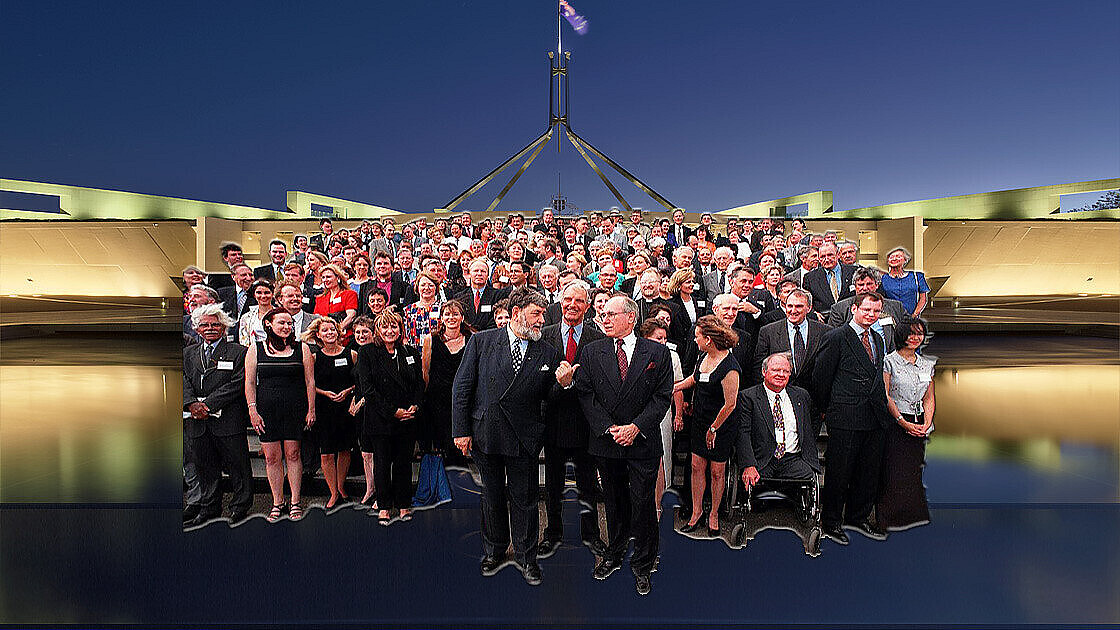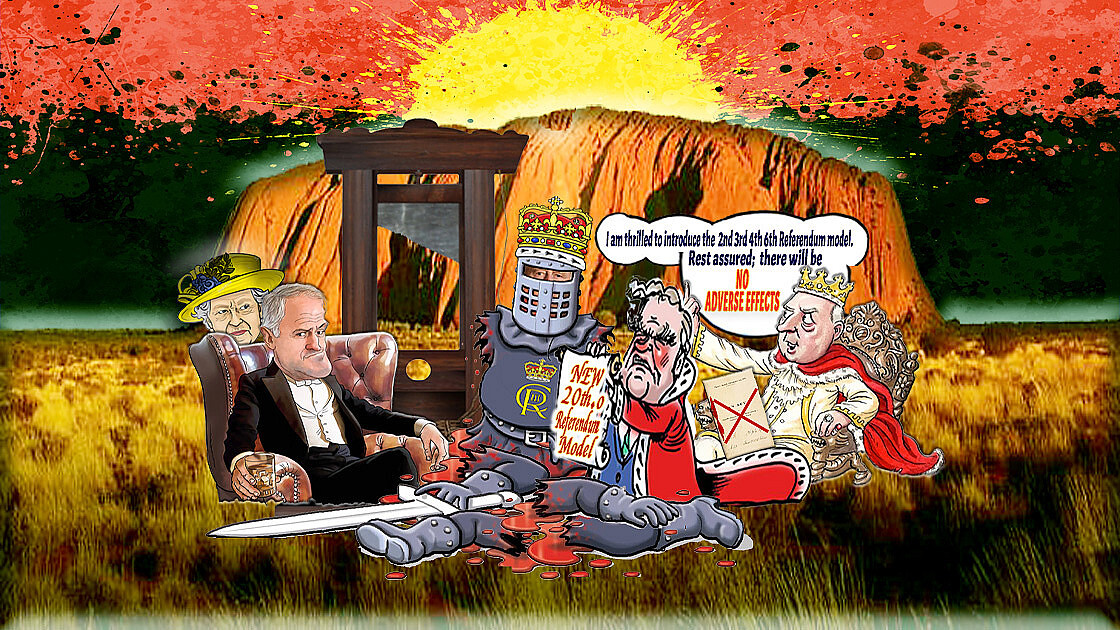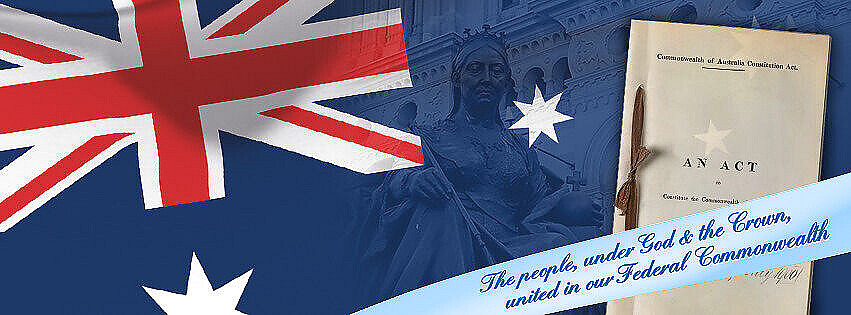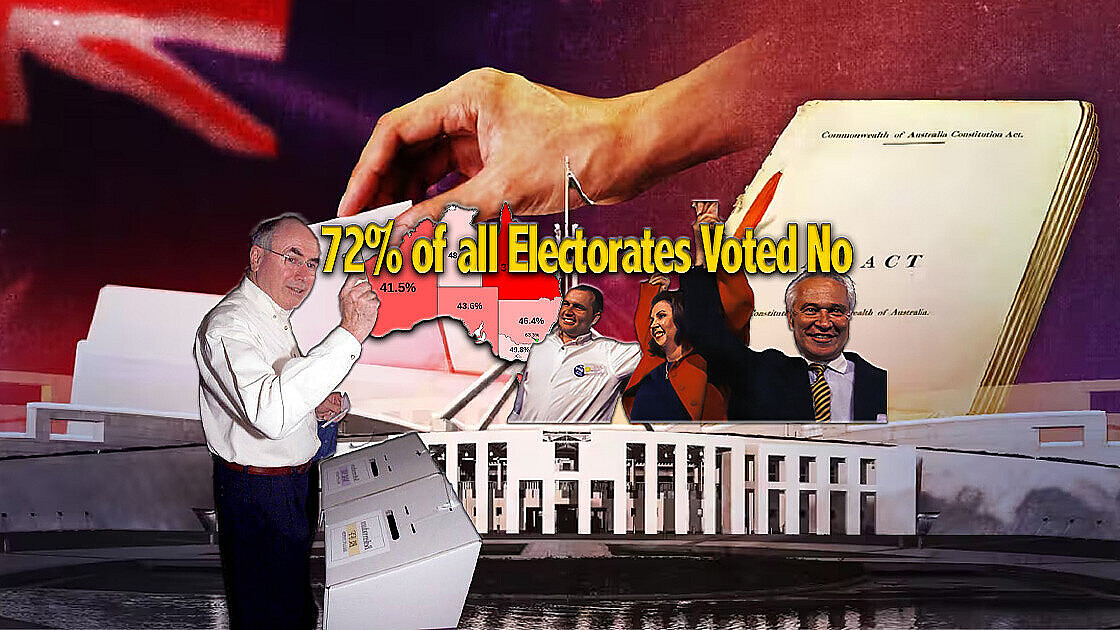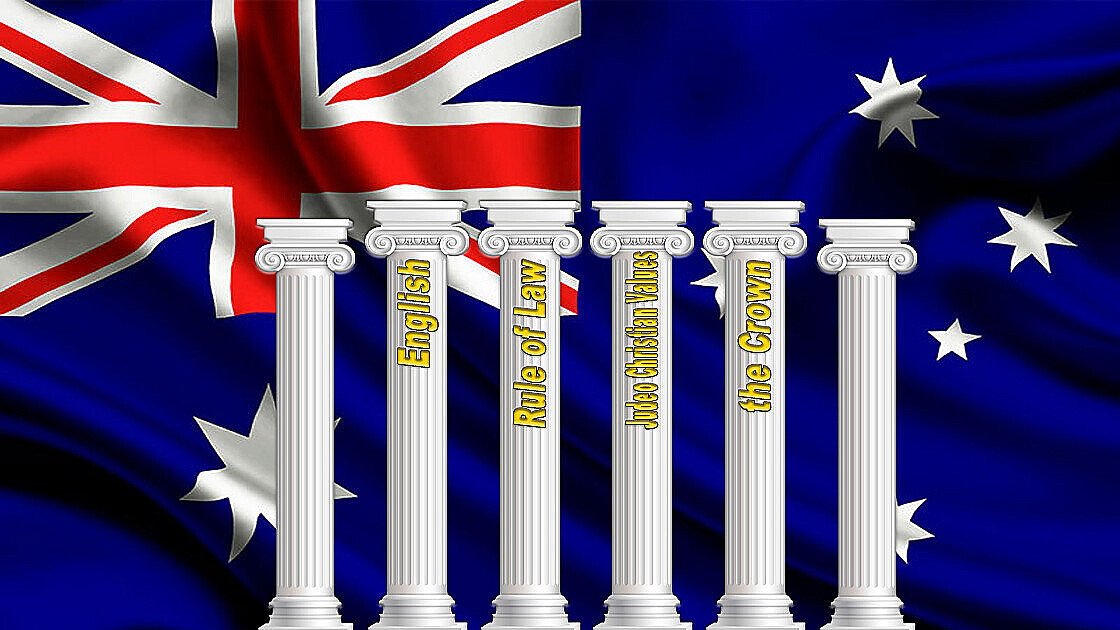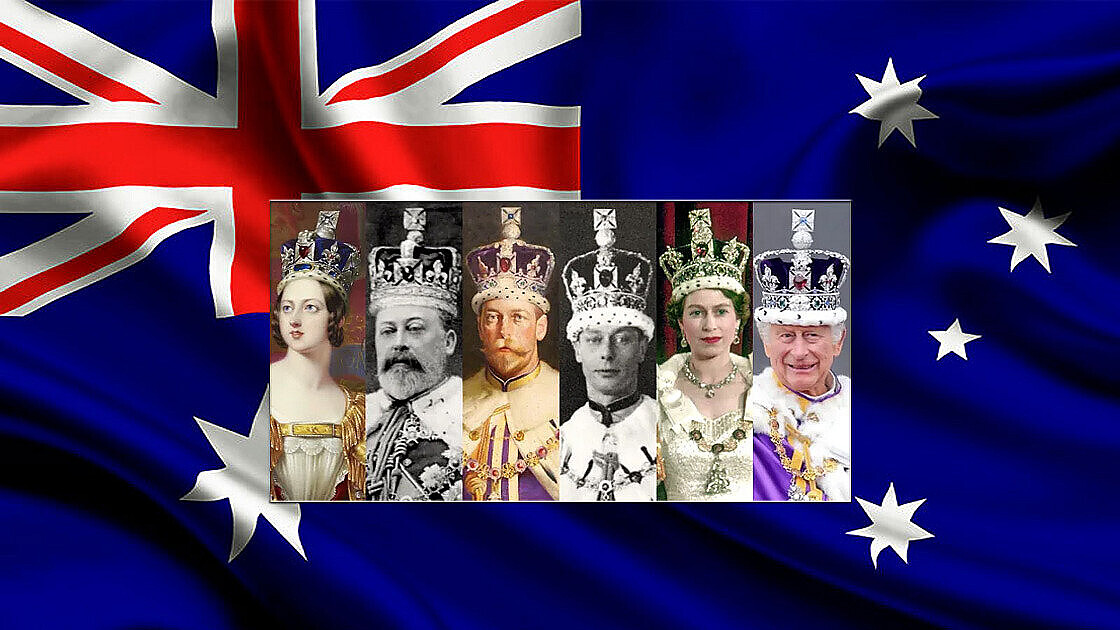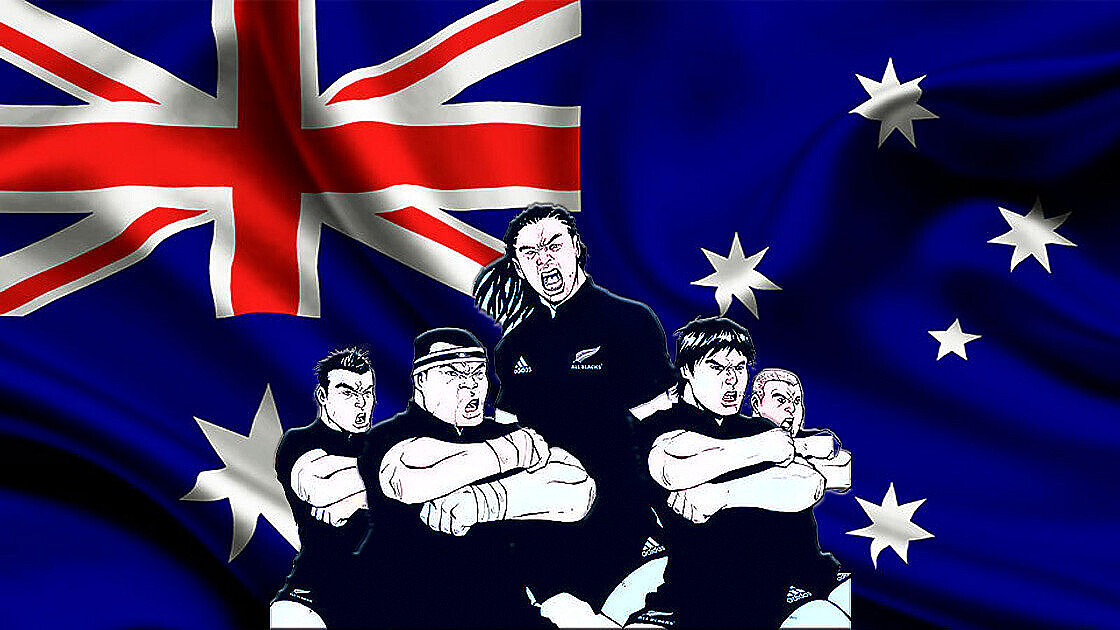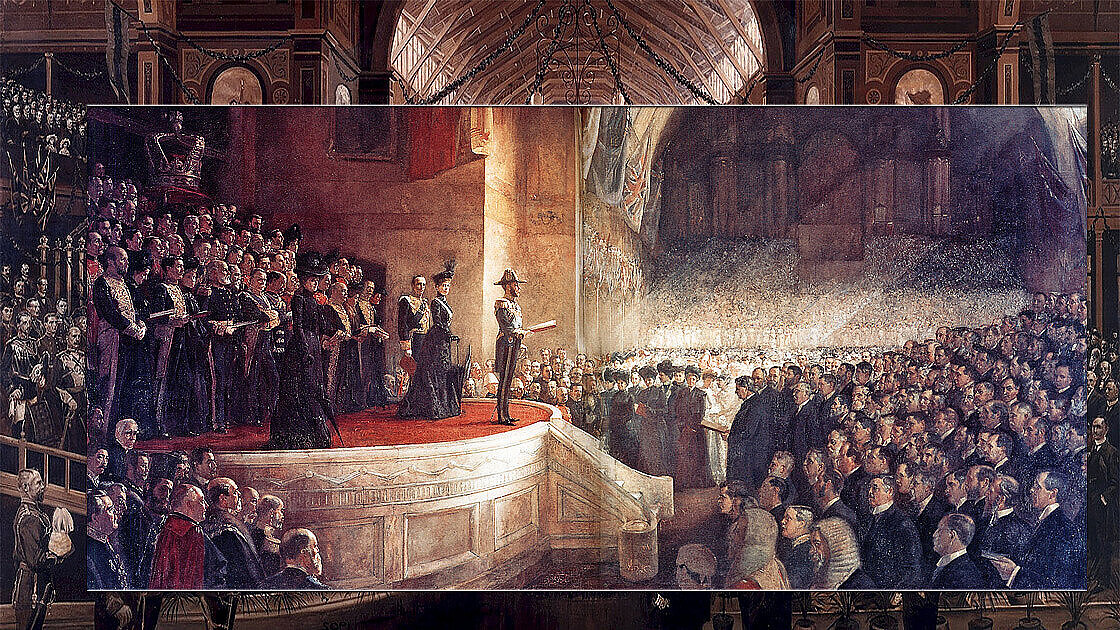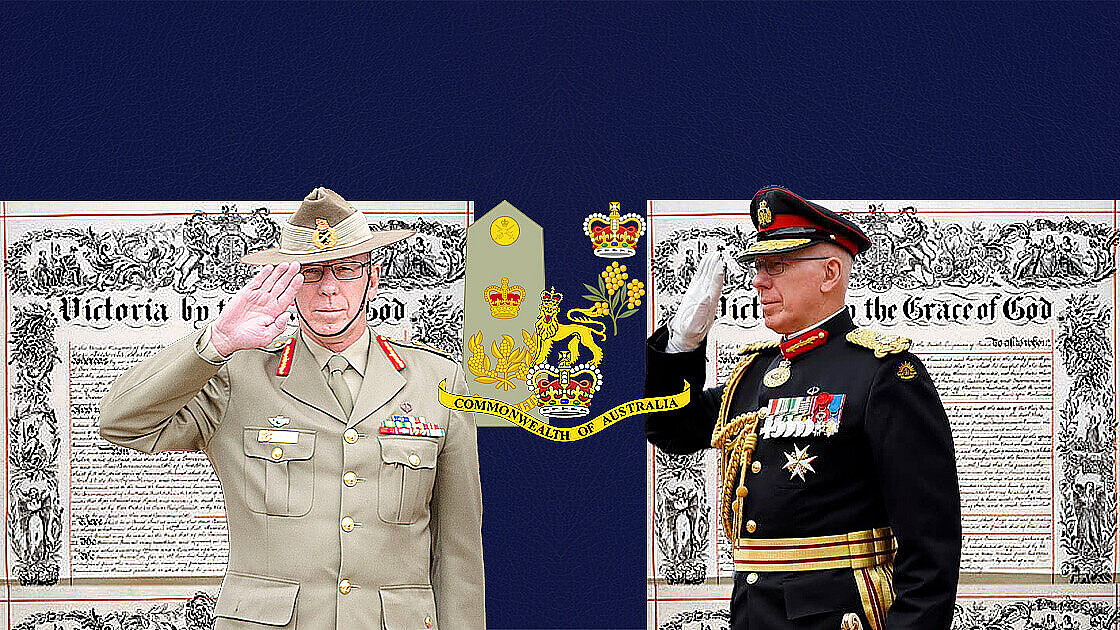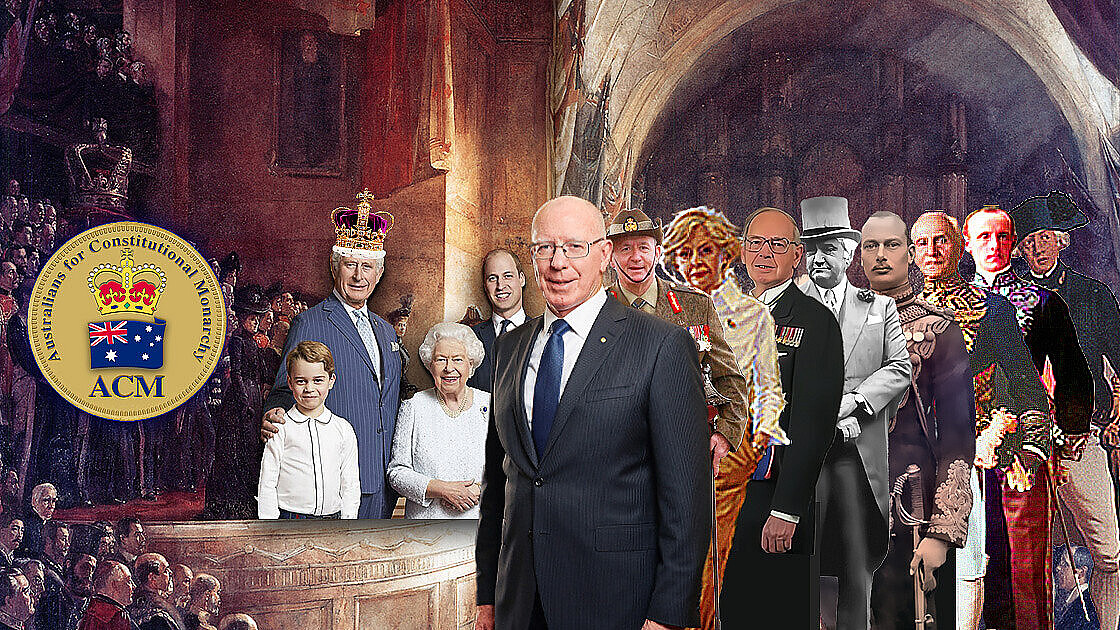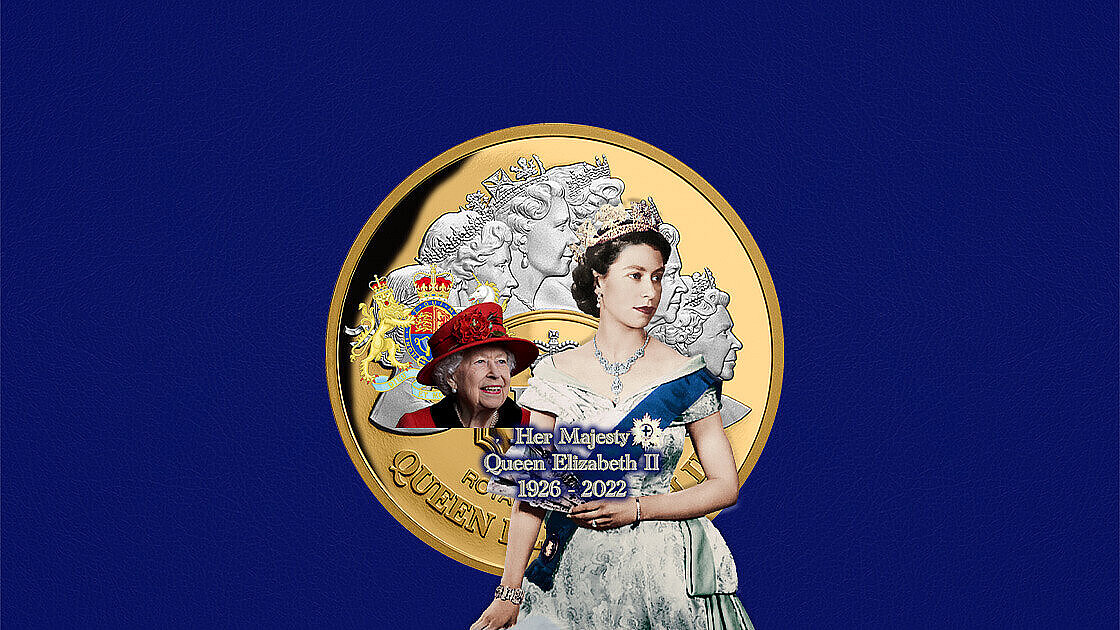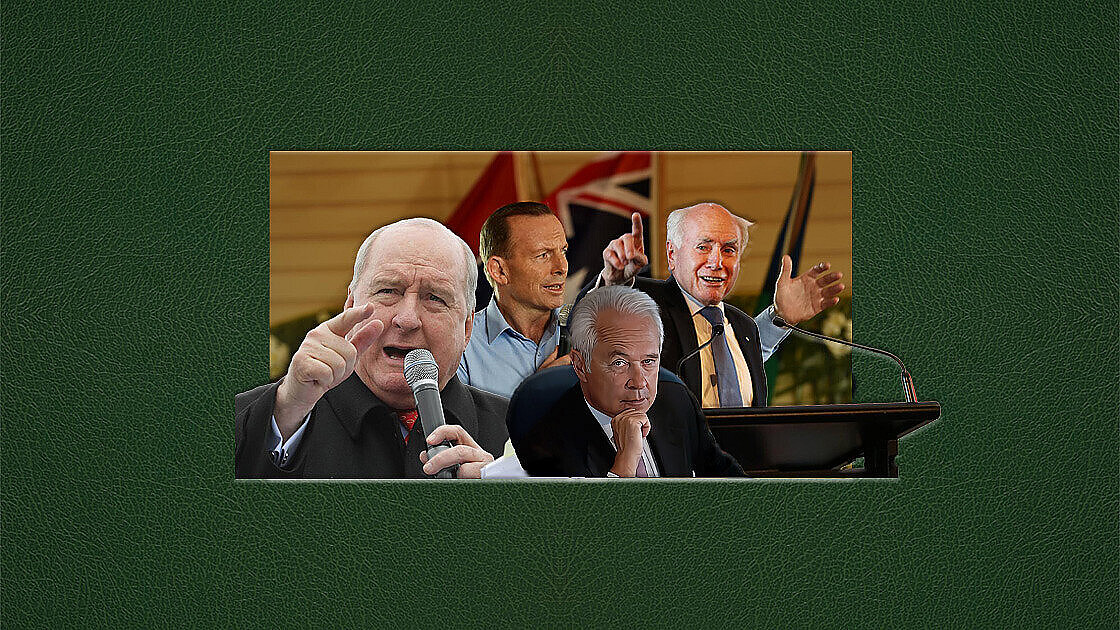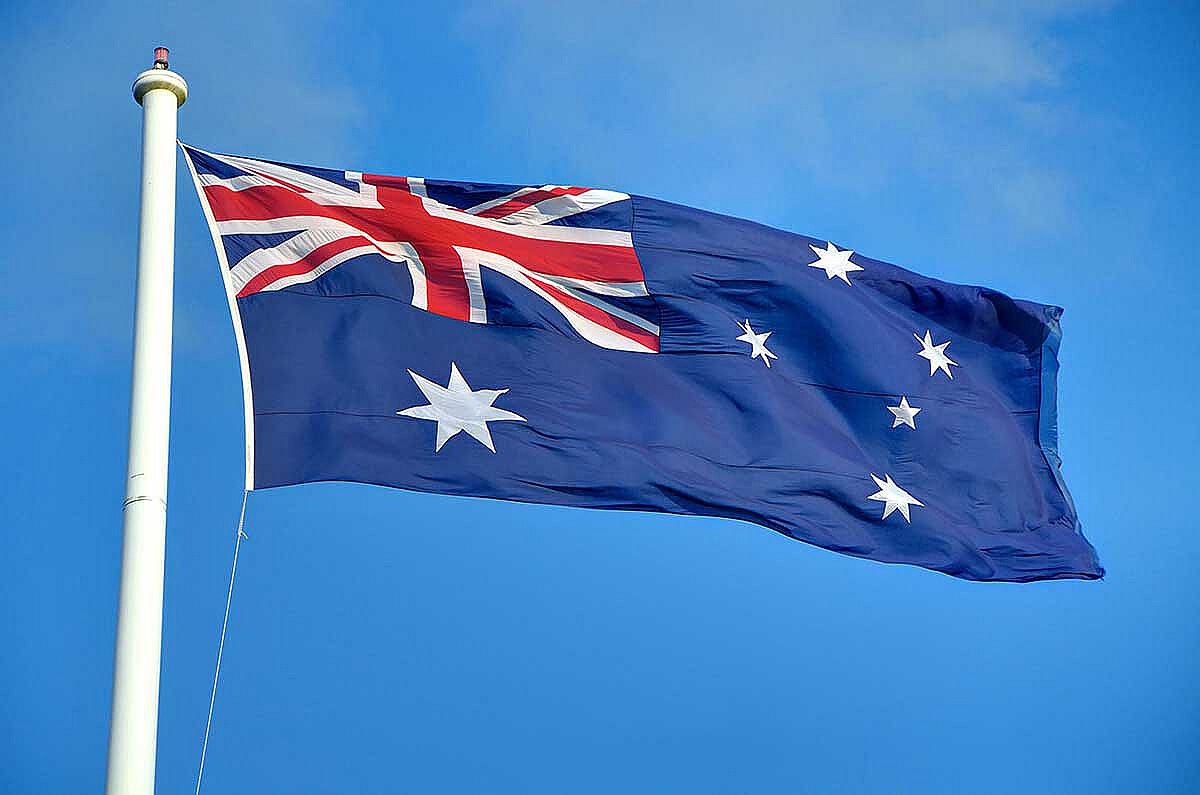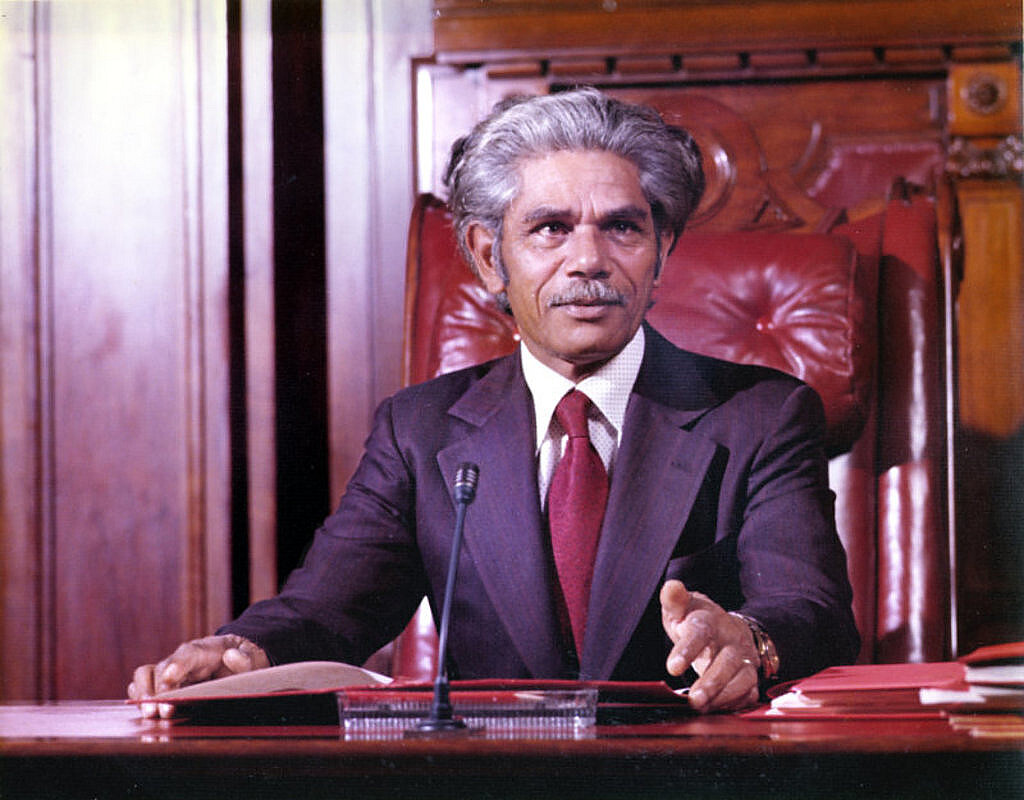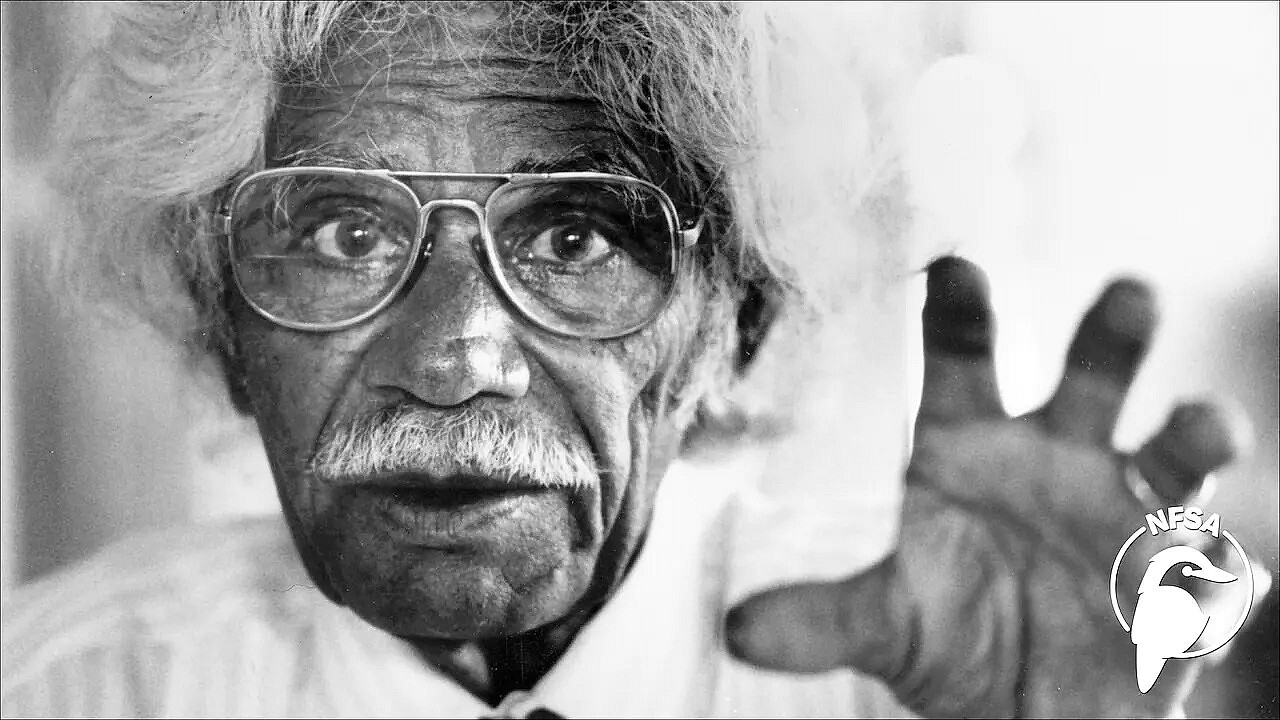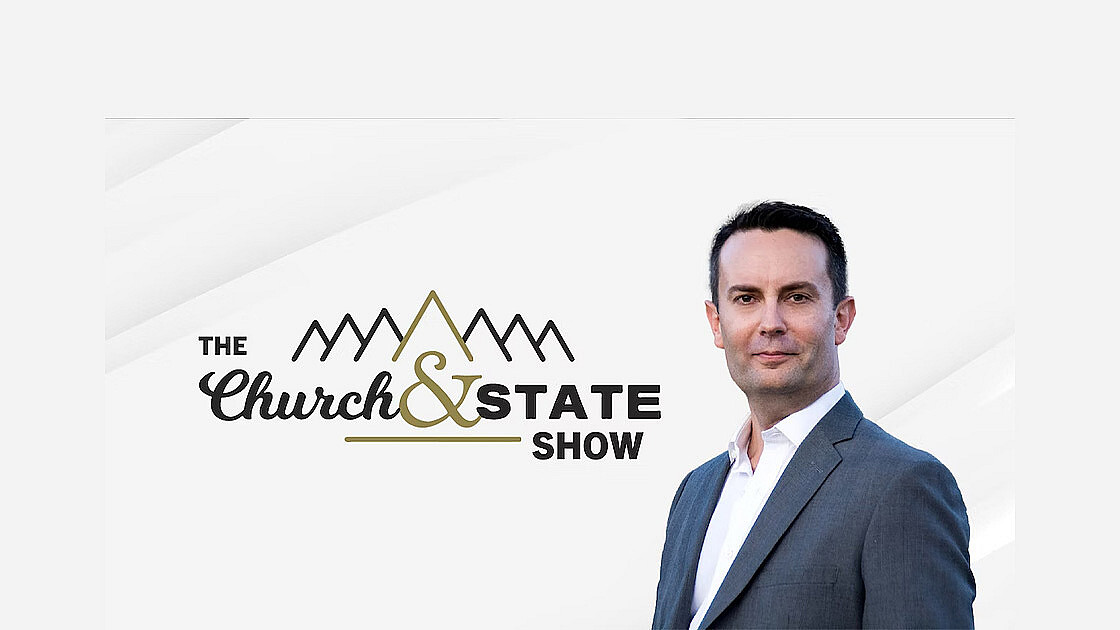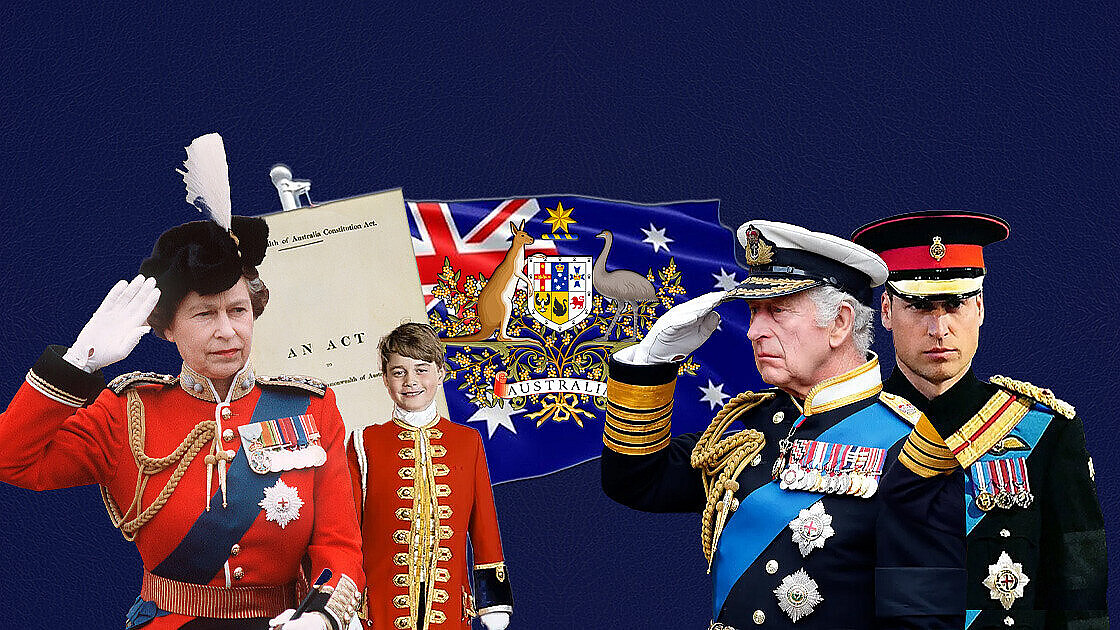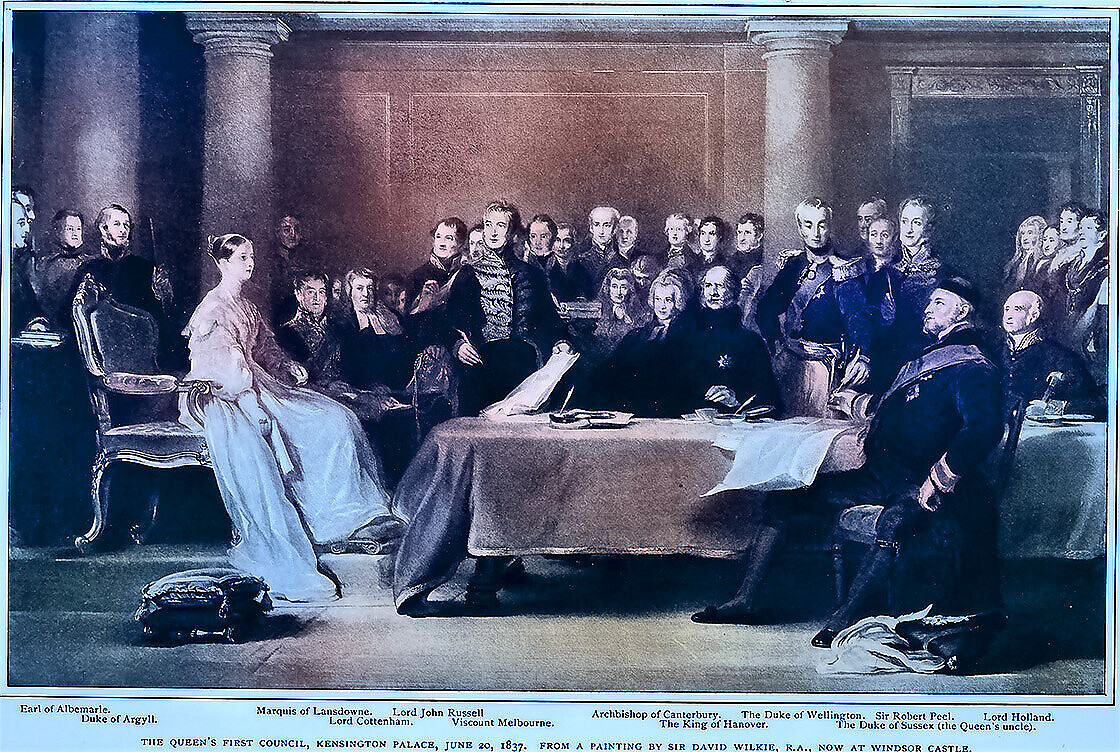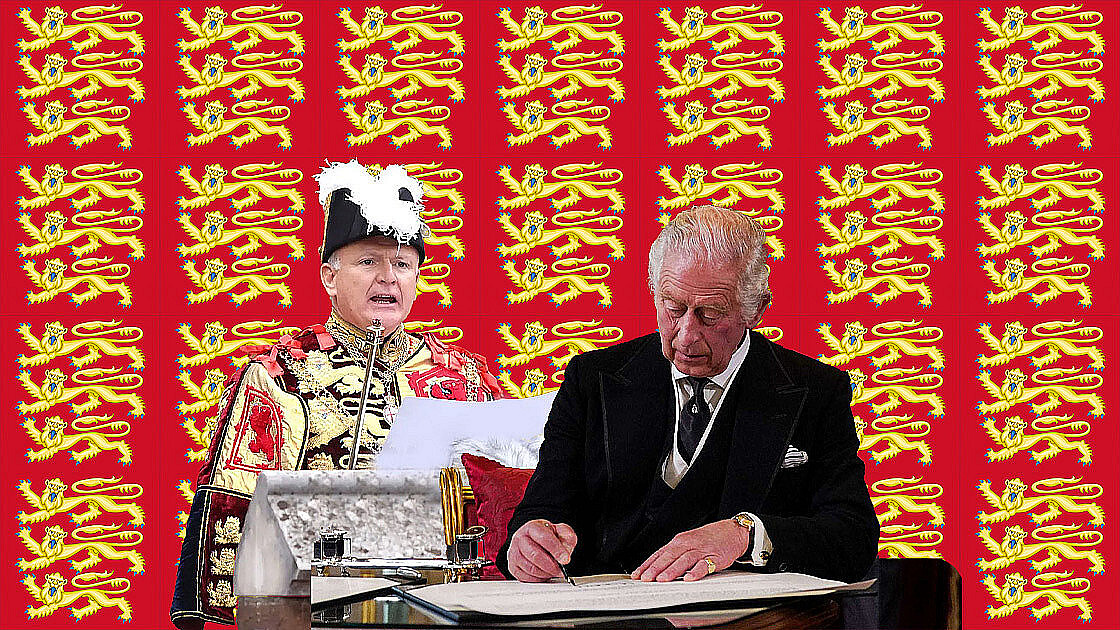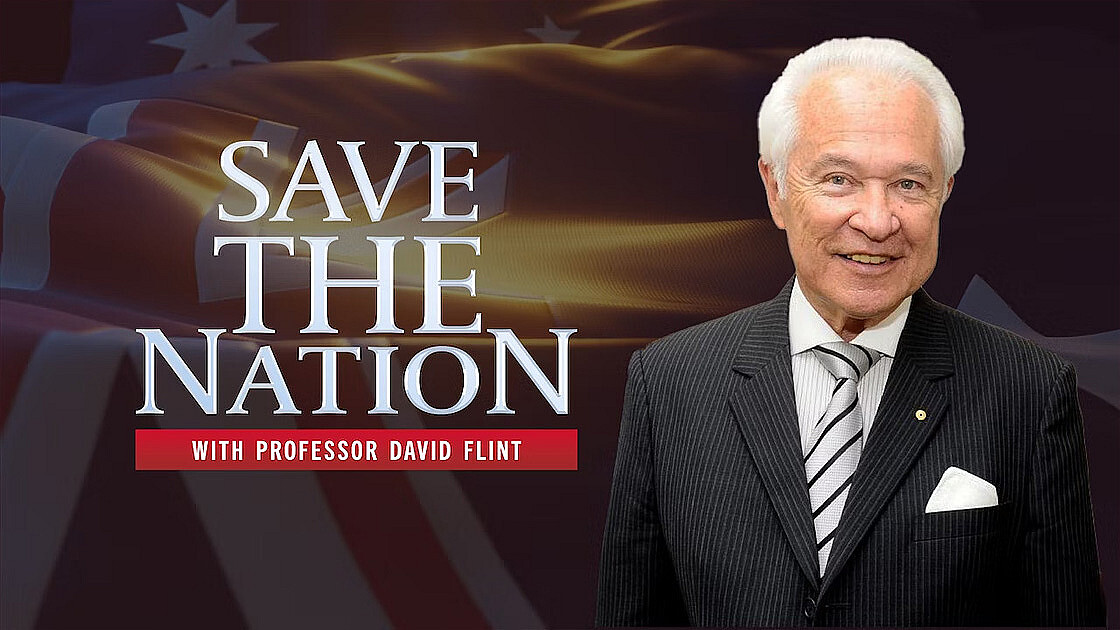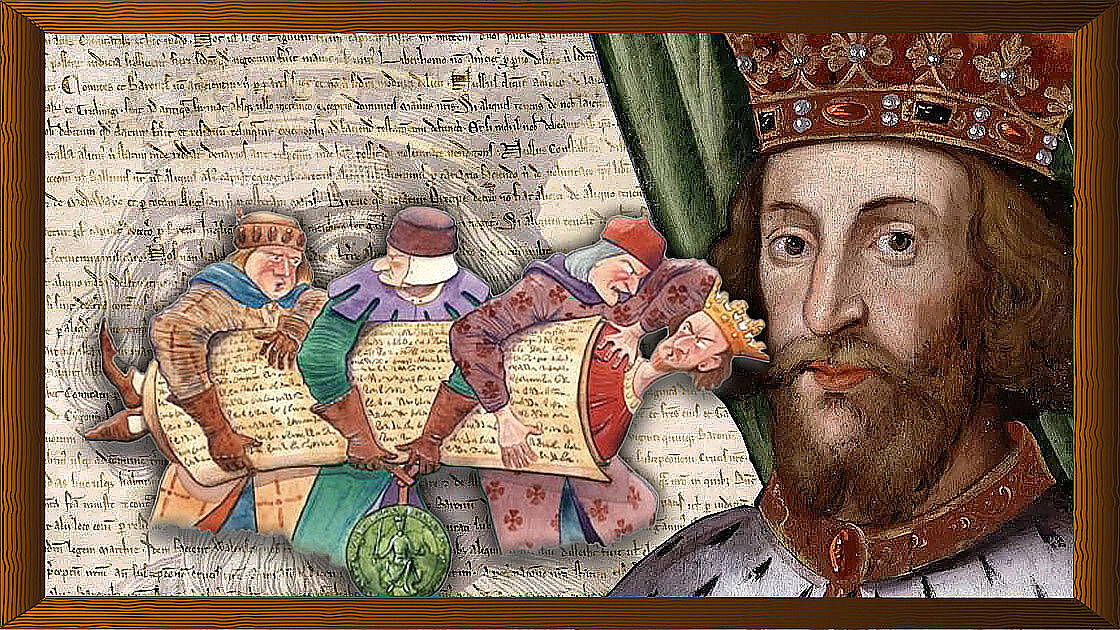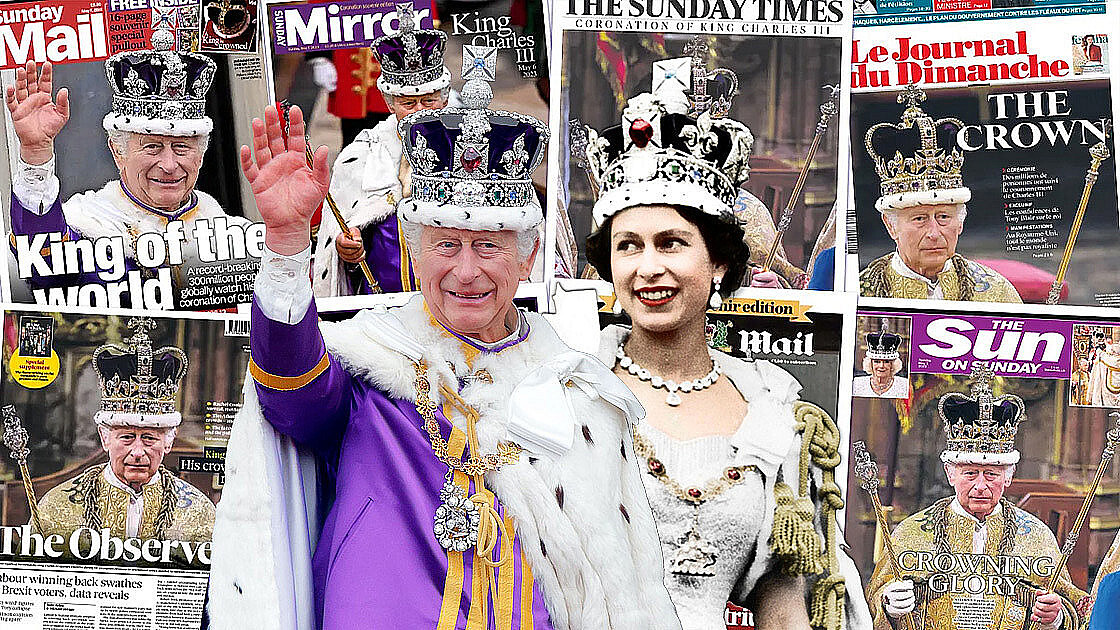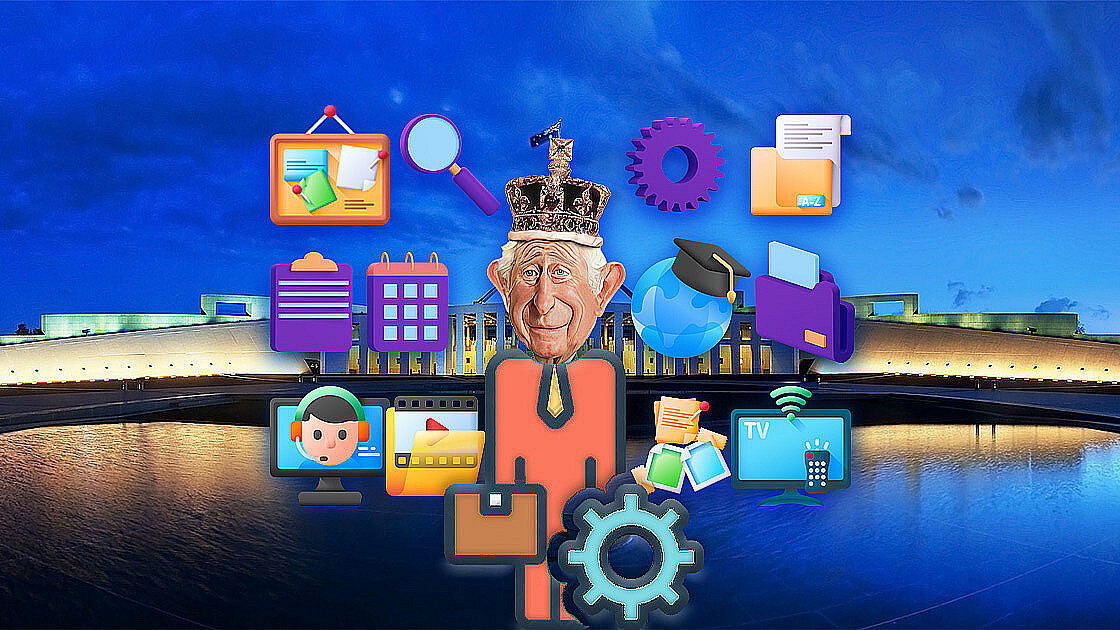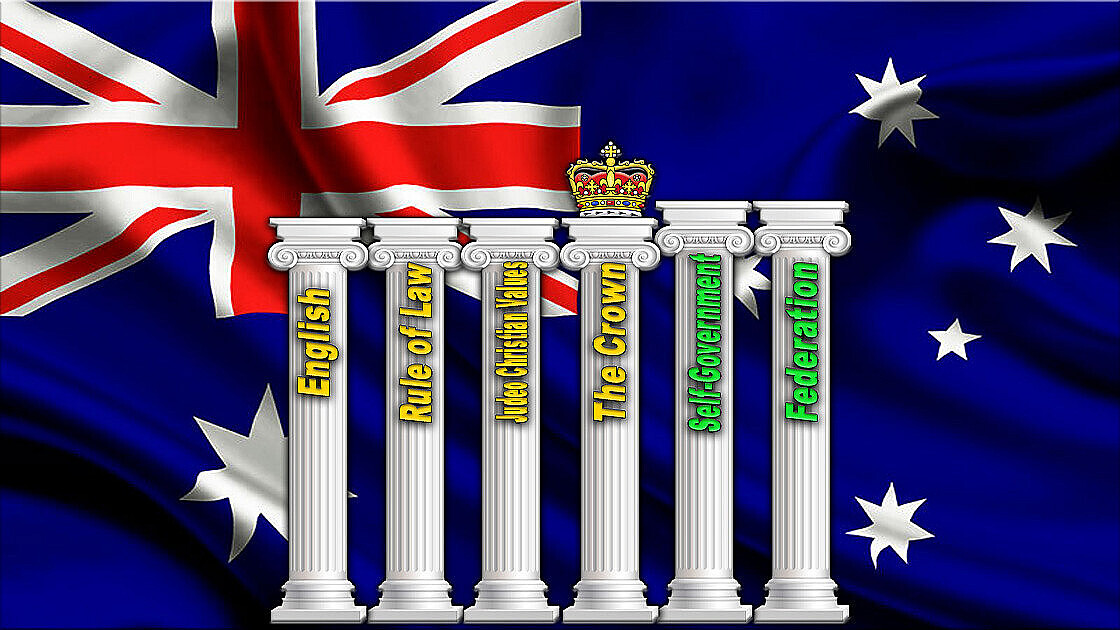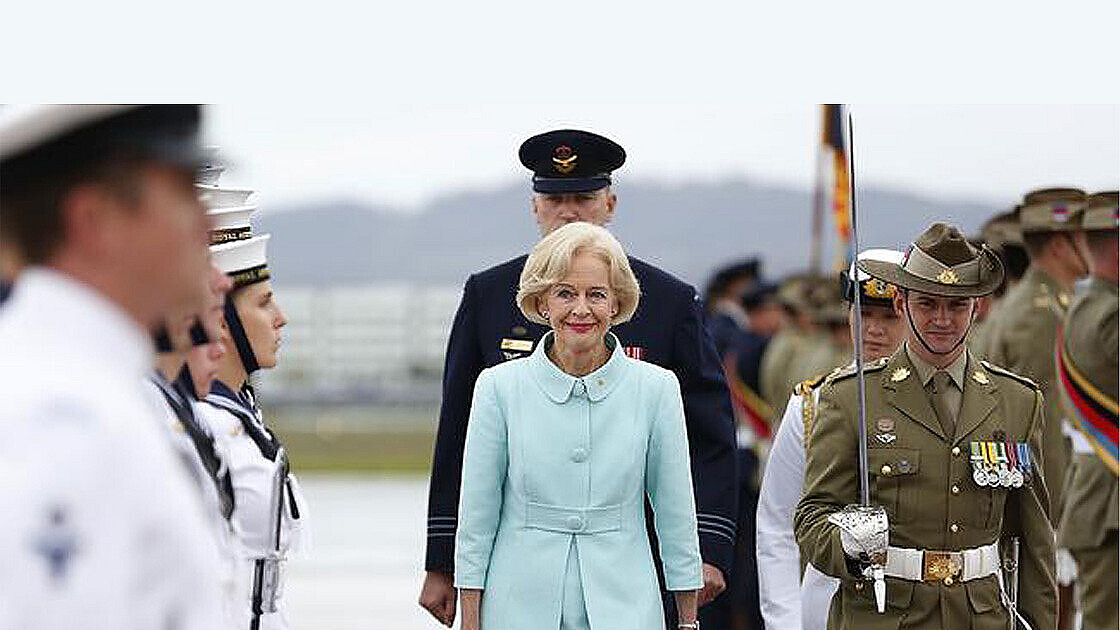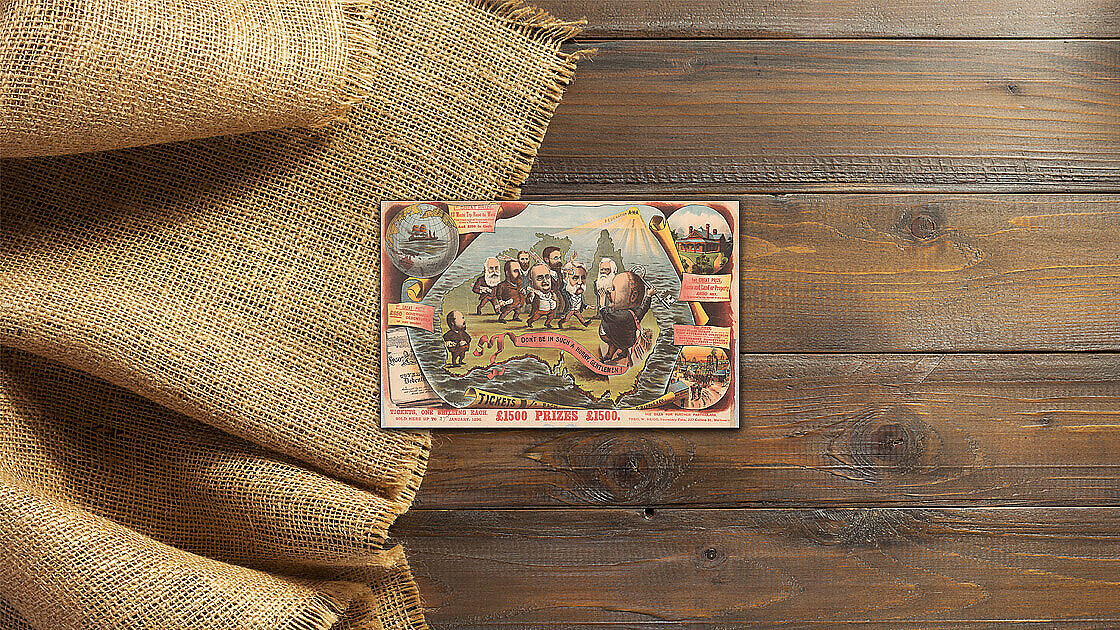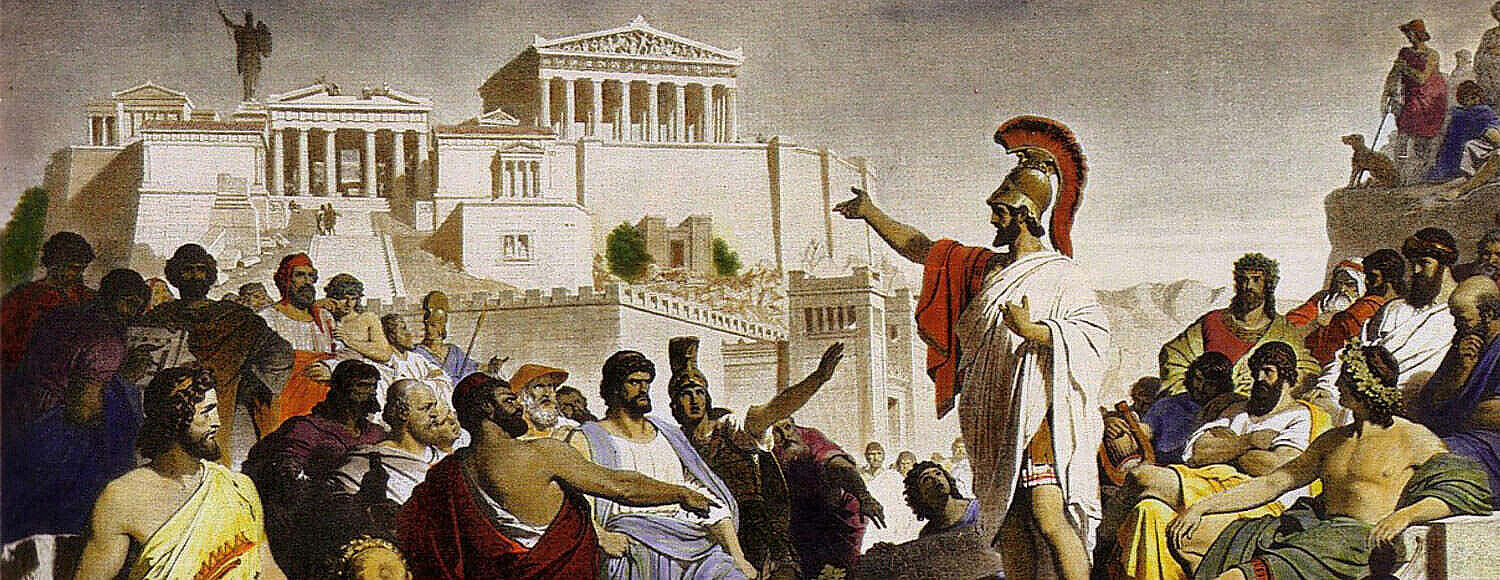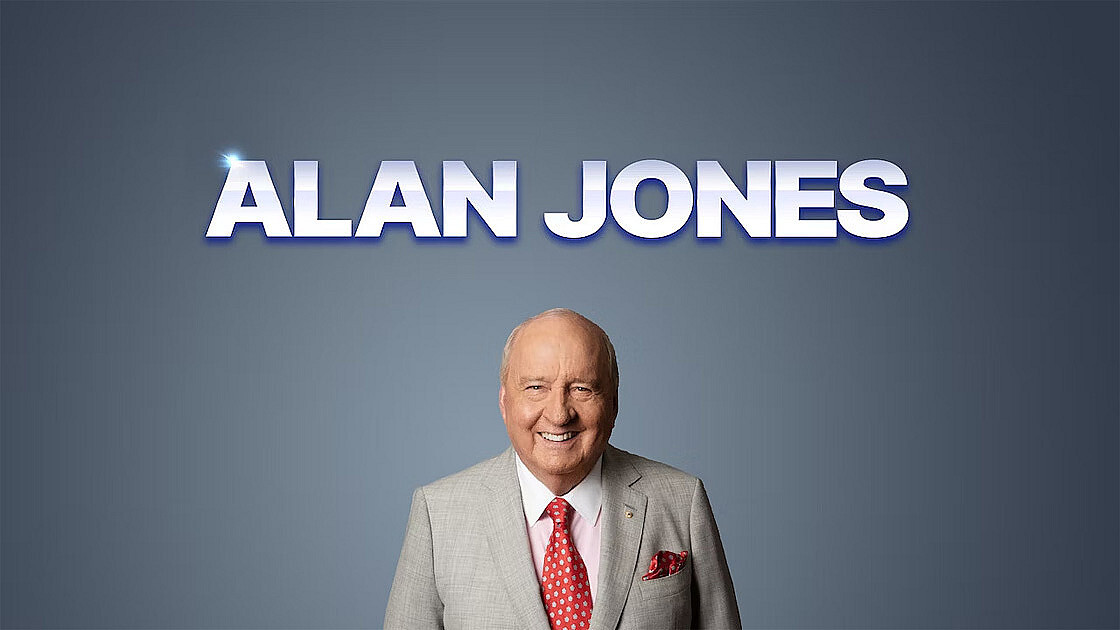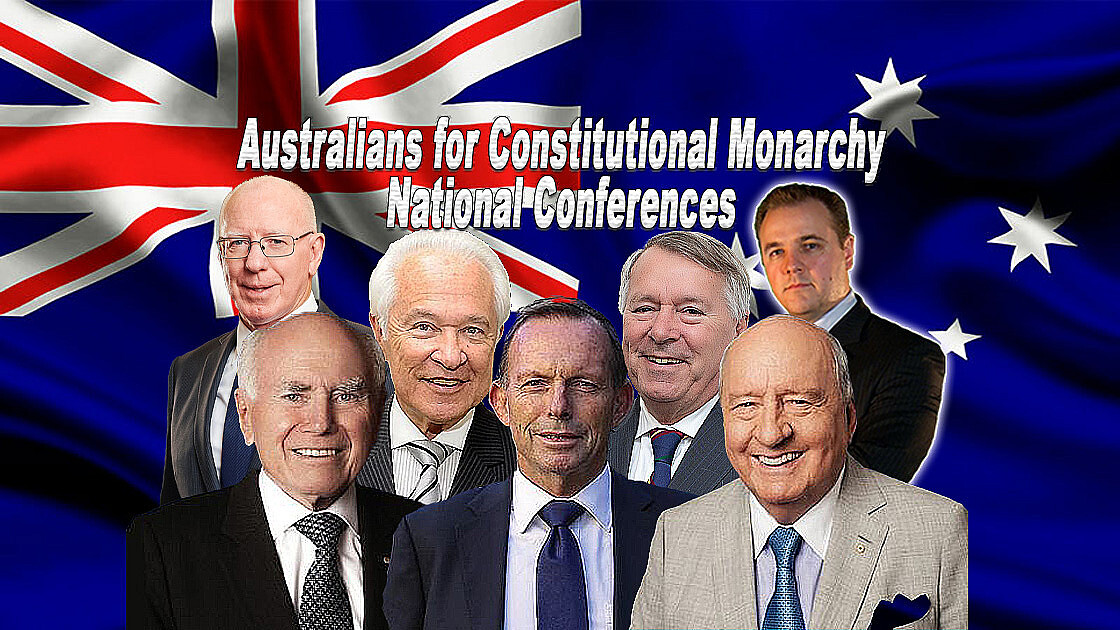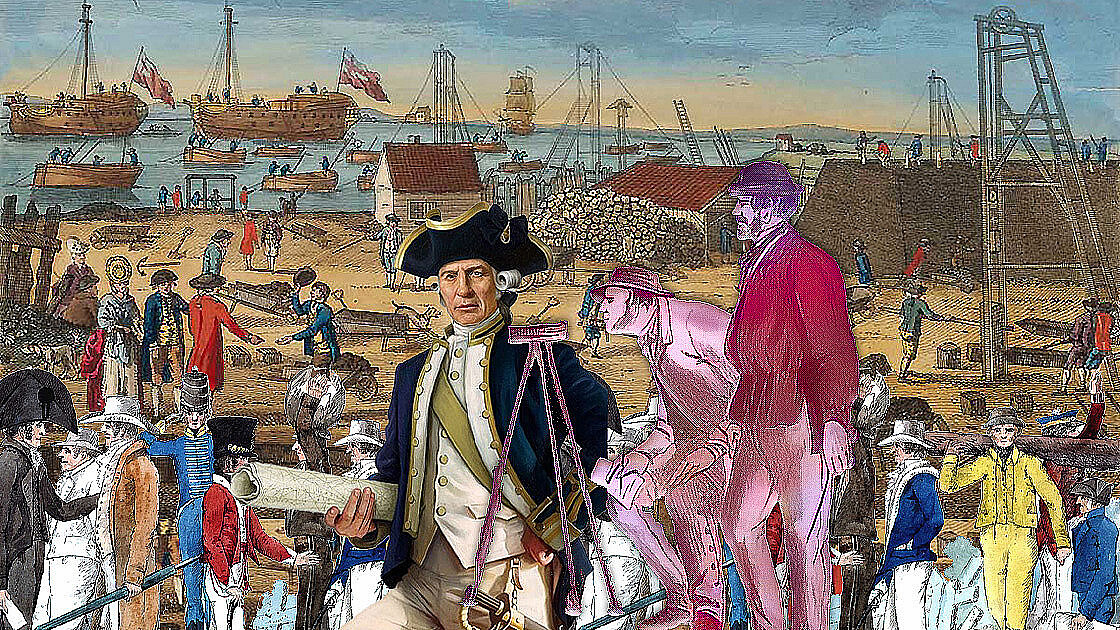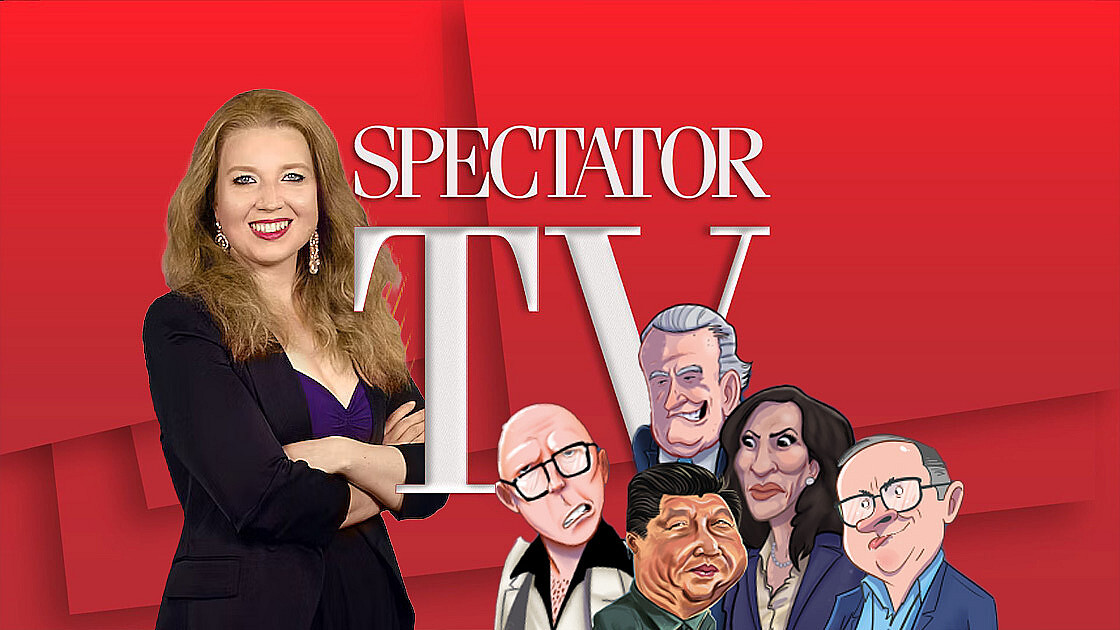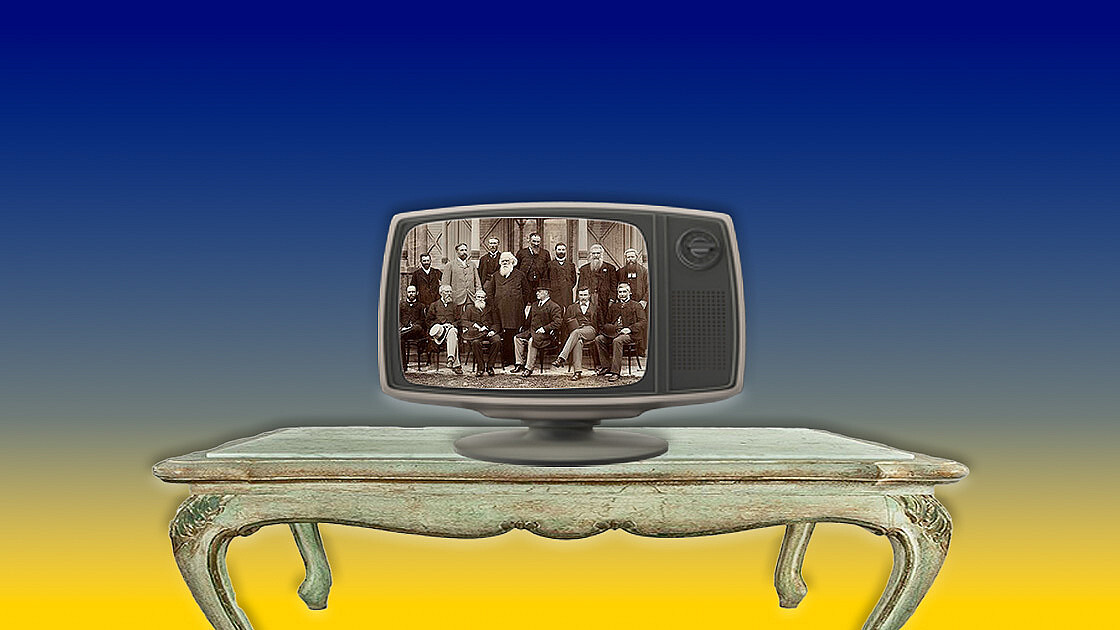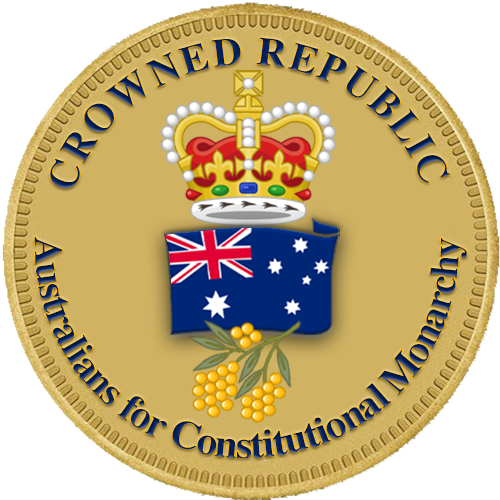The United States
It is curious that the Australian Republican movement does not consider the United States constitutional system as a possible model for Australia. At the time our Founding Fathers were moving towards the federation of our nation, the American constitutional system had some attractions, particularly in the upper house of Congress, the Senate. There was, however, no interest in becoming a republic. The Westminster system, increasingly Australianised, was working too well. Could we now go the way of the United States? There are significant differences between us, as there are between Canada and the USA.
The crown founded Australia. Development was led by the crown. The USA was founded not so much by the crown but by dissident groups of people wishing to escape the religious rigours of the established church. They settled and developed their territories with a minimum role for government. Nevertheless, the American colonies still had the benefit of the laws, government and defence forces of the mother country. All of this was done under an imperial umbrella. But even in their beginnings, they demonstrated a distance from the British crown that is in contrast to the Australian experience.
The thirteen American colonies were, before independence, the freest and most democratically governed colonies the world had ever seen. So why did the Americans revolt? As British intellectual Paul Johnson argues, for once, the characteristic British virtues of caution, pragmatism, practical common sense and moderation seemed to be absent in the ranks of those who governed in London. This, Johnson points out, would not have mattered much had the men who led America been men of ordinary stature. Unfortunately for Britain, and fortunately for America, the generation that emerged to lead the colonies into independence was "one of the most remarkable group of men in history, sensible, broad-minded, courageous, unusually well educated, gifted in a variety of ways, mature and long-sighted, sometimes lit by flashes of genius". They were Enlightenment men "shorn of its vitiating French intellectual weaknesses of dogmatism, anti-clericalism, moral chaos and excessive trust in logic", and motivated by the English virtues of "pragmatism, fair mindedness, and honourable loyalty to each other".
The principal reason for the revolt was taxation. Yet the American colonies were among the least taxed territories in recorded history. George Washington himself was an extremely rich man who paid little tax. The British had doubled their national debt to pay for the Seven Years' War, and the principal beneficiaries were the American colonies. These had low public debt and paid, on average, one-fiftieth of the tax paid in the mother country. It seemed fair that the Americans contribute more.
The introduction of the Grevilles Stamp Act to rectify this was the beginning of the end. The cry: "No taxation without representation" rallied opposition to London. But while taxation was at the forefront, some of the other reasons for the revolt are less attractive. The British, having defeated the French, proposed to hand much of the land over to the traditional owners, the Native Americans, and the settlers.
The Great Proclamation of 7 October 1773 by the British created a vast interior reserved for the Native Americans. Those settlers who had already crossed the boundary were ordered back. This gave justice to the indigenous people but was a great error. The British wanted to keep the white settlers on their side. How many Australians, sympathising with the injustices borne by the Australian Aboriginal people, are aware of this skeleton in the American cupboard? The Native Americans were among the great losers of independence. And how many Australians are aware that once we received self-government, the moderating influence of the crown in protecting the Aborigines was lessened?
The other skeleton in the American closet was slavery. Although he was an abolitionist, John Adams had to omit any reference to abolition in the Declaration of Independence. In 1771, Lord Mansfield held slavery to be unlawful in England under the common law. If a slave escaped to England, he was free: "The air of England is too pure for a slave to breathe." Without independence, could slavery have lasted long in the colonies? With independence, the number of slaves in the United States increased substantially.
The War of Independence was unpopular in Britain. Nor was there unanimity among the Americans. Perhaps only one-third of Americans actually supported it. But British mismanagement, and an inability on their part to demonstrate traditional good sense, led to independence. And what of American republicanism? Professor Graham Maddox argues that Machiavelli's influence on American republicanism was substantial. He says it was embraced by the American elite, its American lawyers and statesmen who, if not actually an "aristocracy", were certainly men of property, substance and learning, a true elite. And they owned slaves.
The founders were deeply conscious of their own talent and virtue. As Maddox says: "They had the opportunity to seize the American polity at the high point of their virtuous triumph over the corrupt forces of British imperialism. They tried to protect it against those future degenerations which, Machiavelli had taught, were in the end inevitable." In taking Machiavelli's advice, they adopted a "mixed" constitution. While genuinely giving the people a say through the voting procedure, this was done in such a way that the influence of the people was neutralised. In the meantime, the real government would be conducted by an "aristocratic" element of elite elected representatives with a "monarchic", or rather consular, president. They entrenched their invention in a written instrument that could not be altered except by the most cumbersome process, and they established a Supreme Court to invalidate any "unconstitutional" acts of government.
There is no evidence that America is more democratic than Australia or better in protecting human rights. It is a more litigious, more violent and less caring society. Perhaps the most obvious difficulty with the US Constitution is that the impeachment of the president is such a process that the government is paralysed and diverted for too long a time. During a recent crisis in supply in the United States, when the American embassy in Canberra closed down many of its functions, an exasperated American commented: "What we need is a governor-general!"
Would the separation of the legislature and the executive suite Australia? In the US, the president is extremely difficult to remove and doesn't go when he should. The case of President Nixon is the best-known example. Another incident just after President Kennedy's failed invasion of Cuba – the Bay of Pigs fiasco – is not so well known. The president explained to the Deputy Director of the CIA: "If this were the British government, I would resign and you, being a civil servant, would remain ... But it isn't. In our government, you ... have to go, and I have to remain." (Spectator, 24 June 1998)
